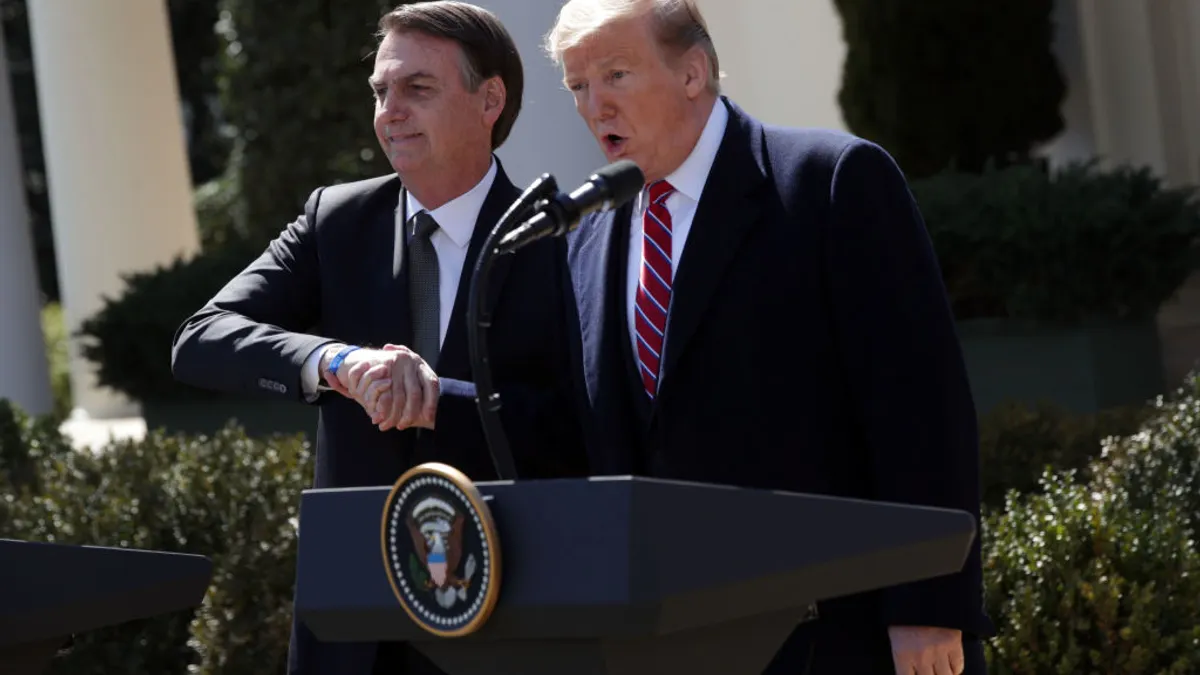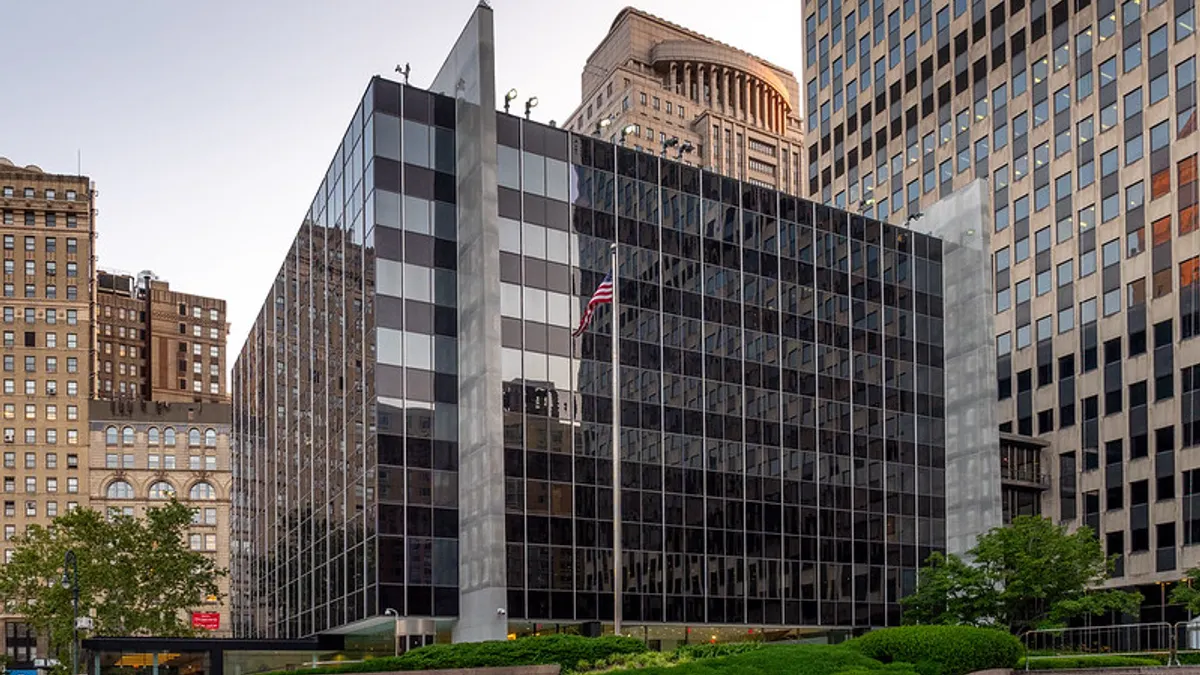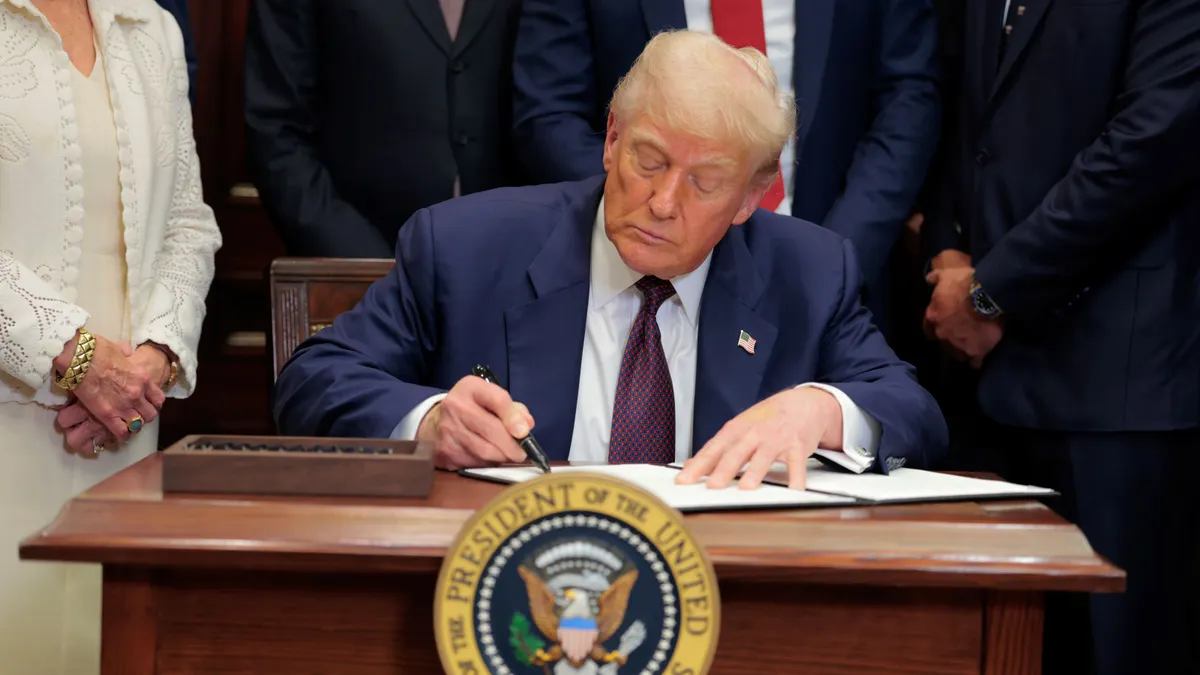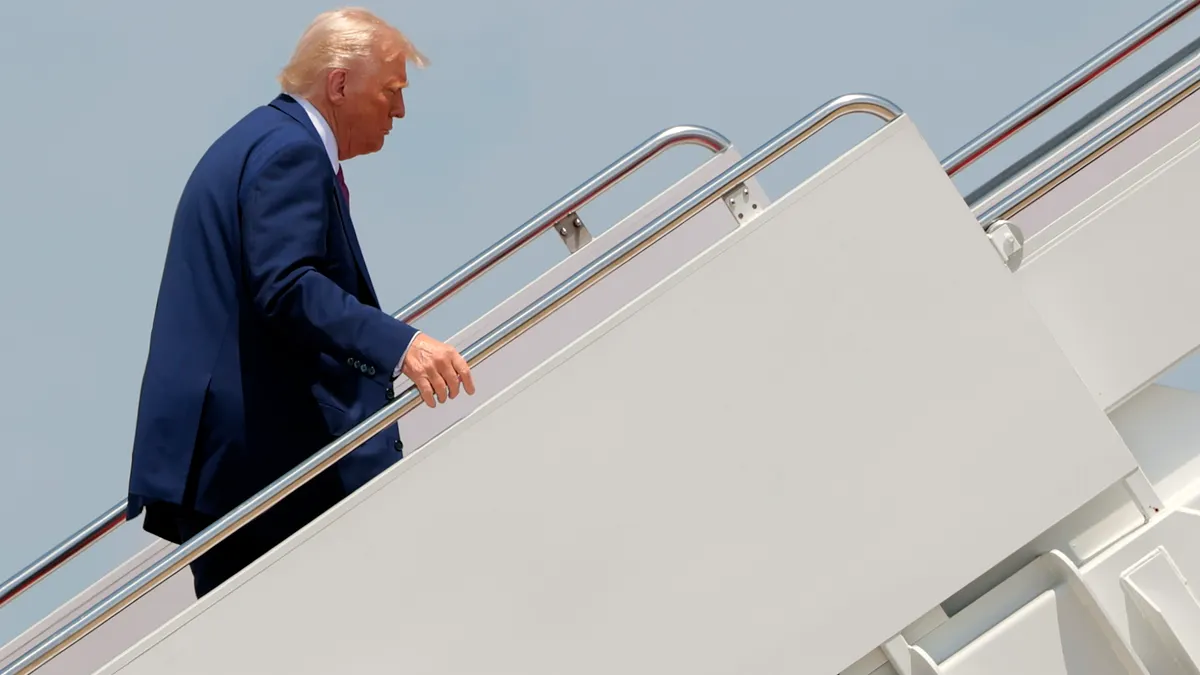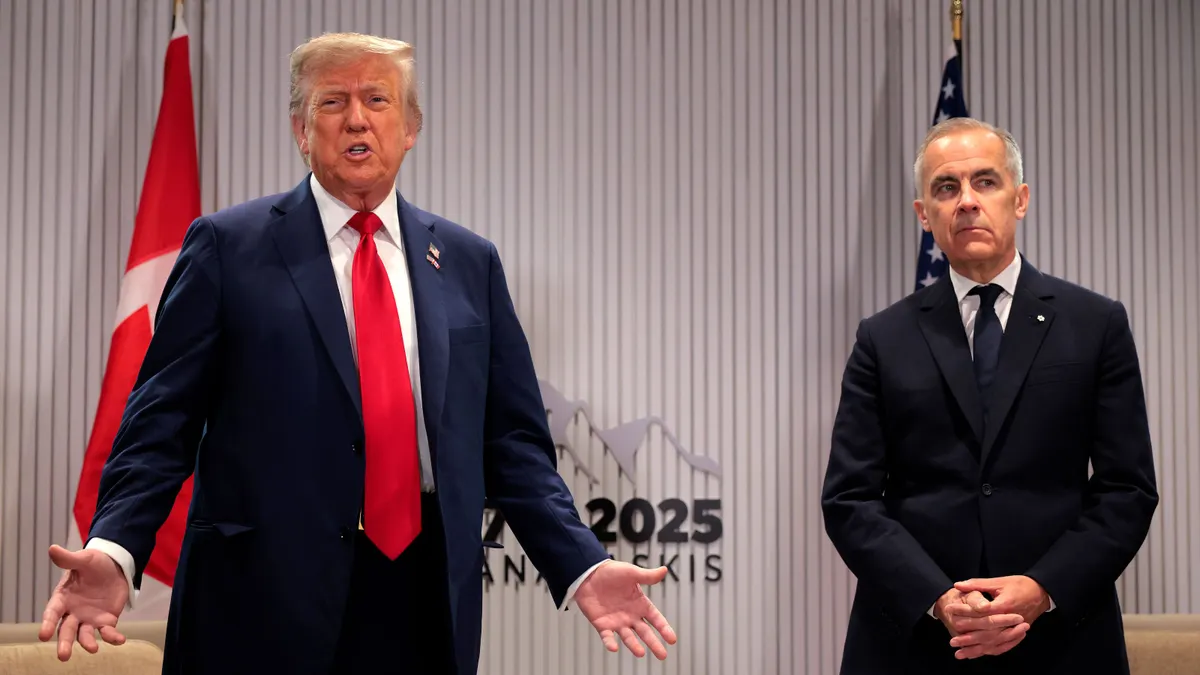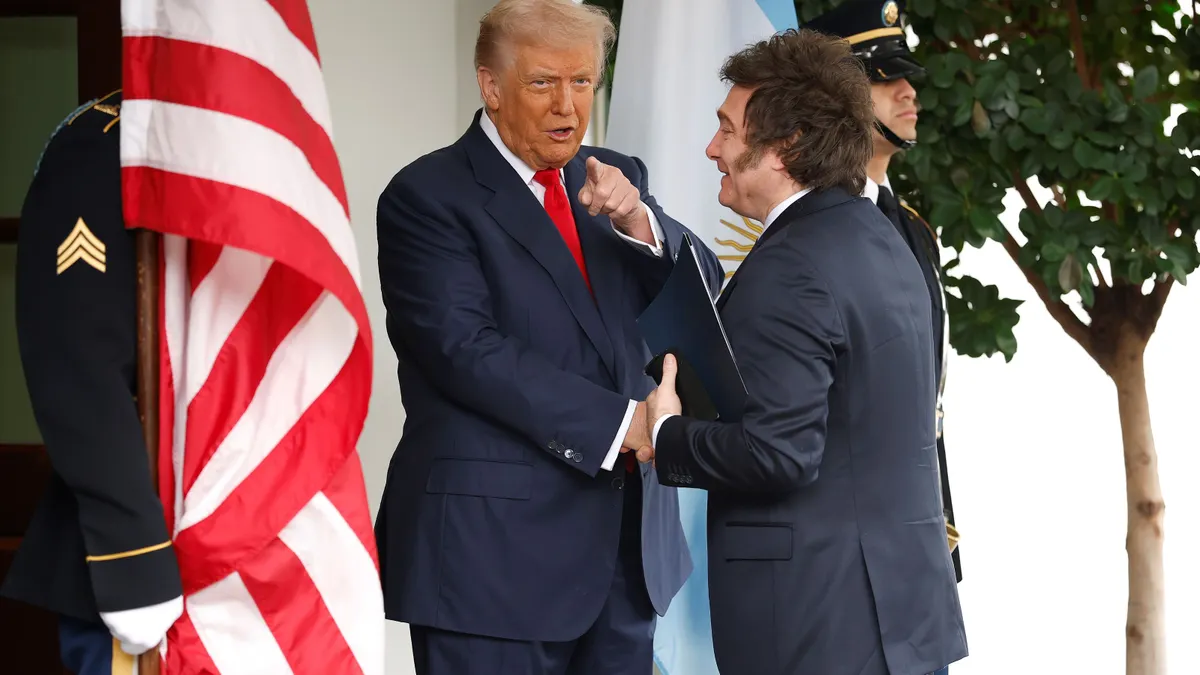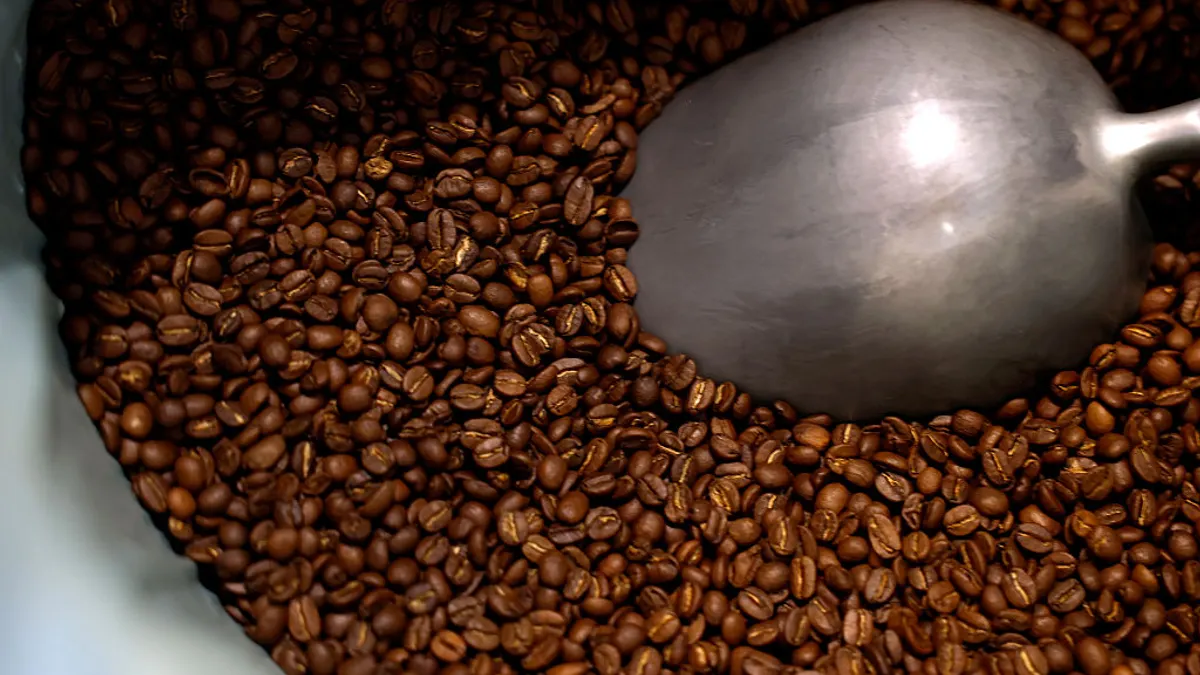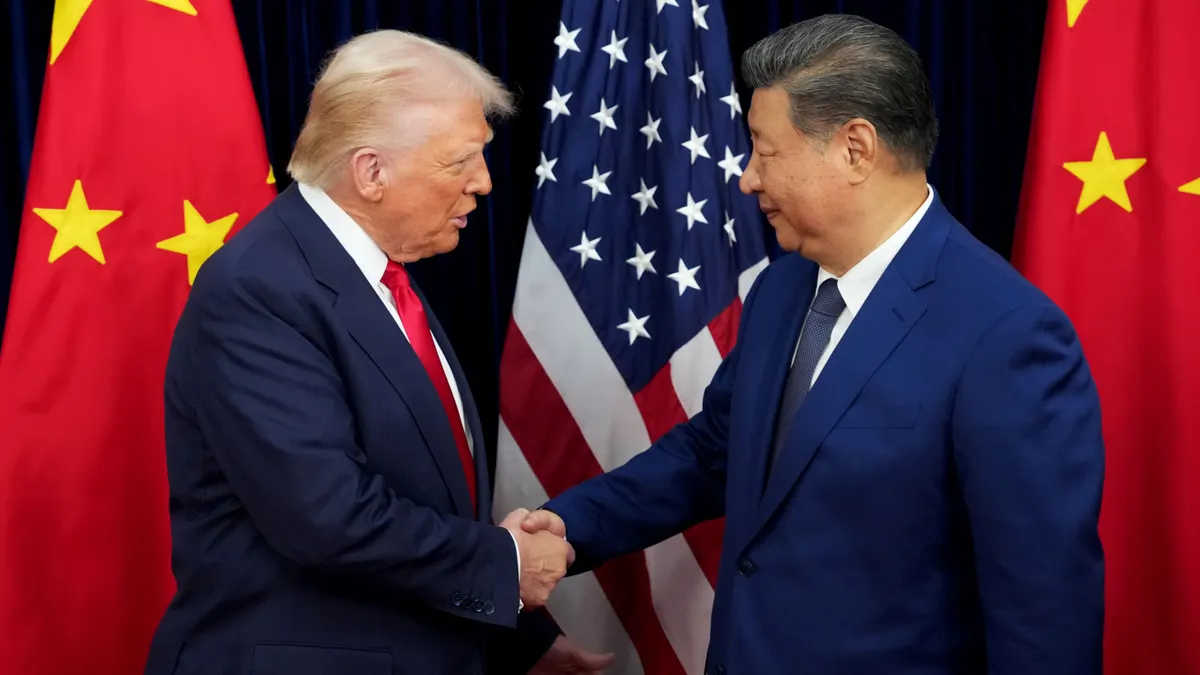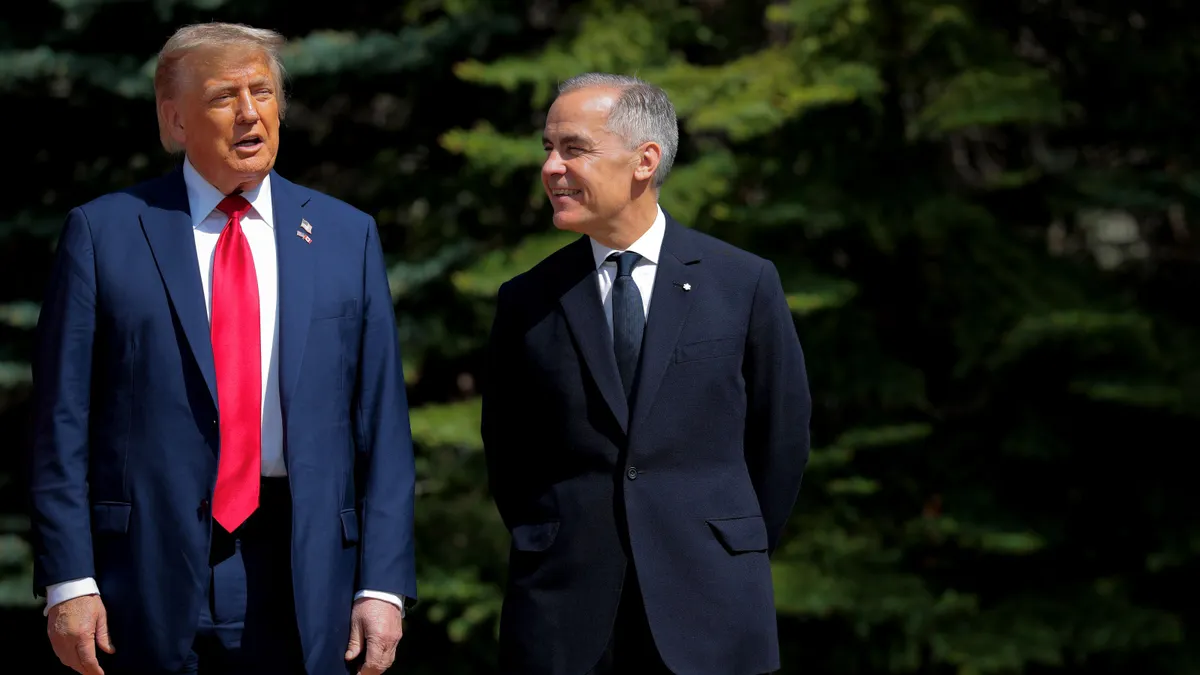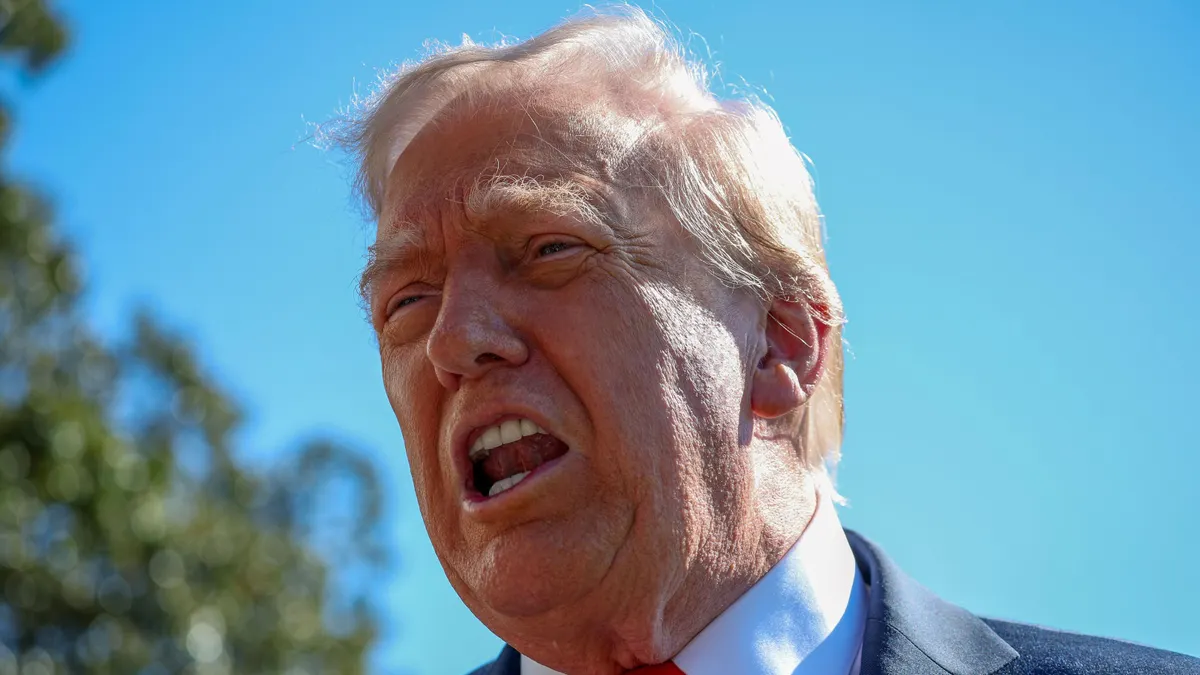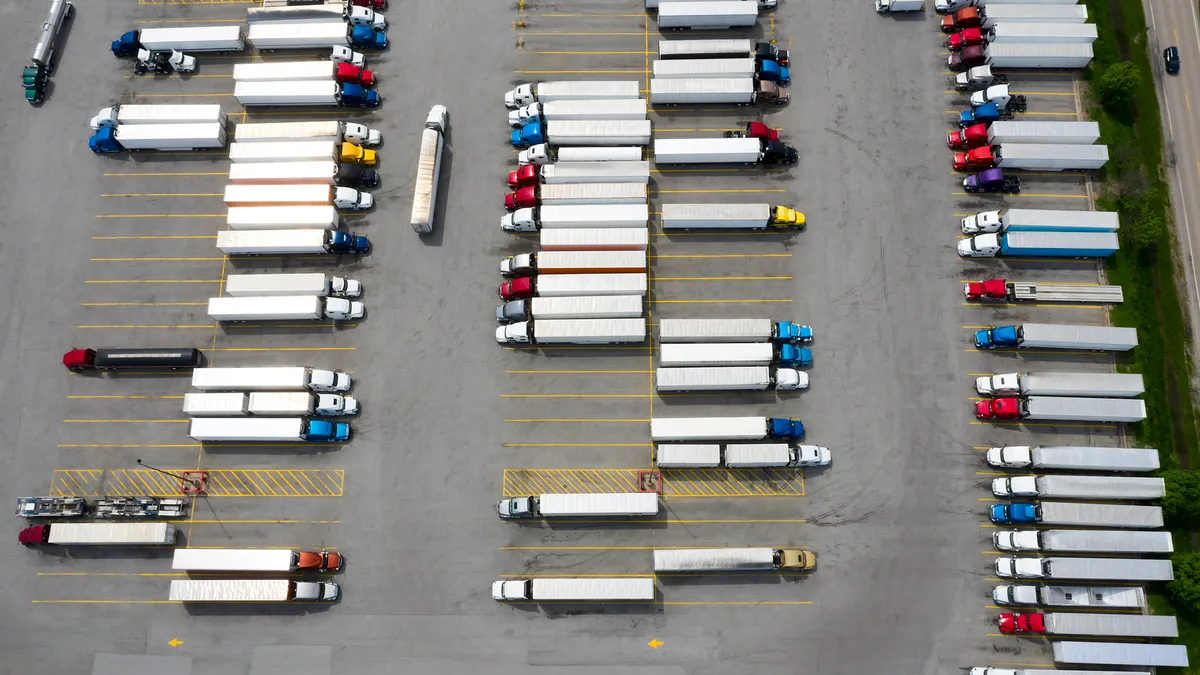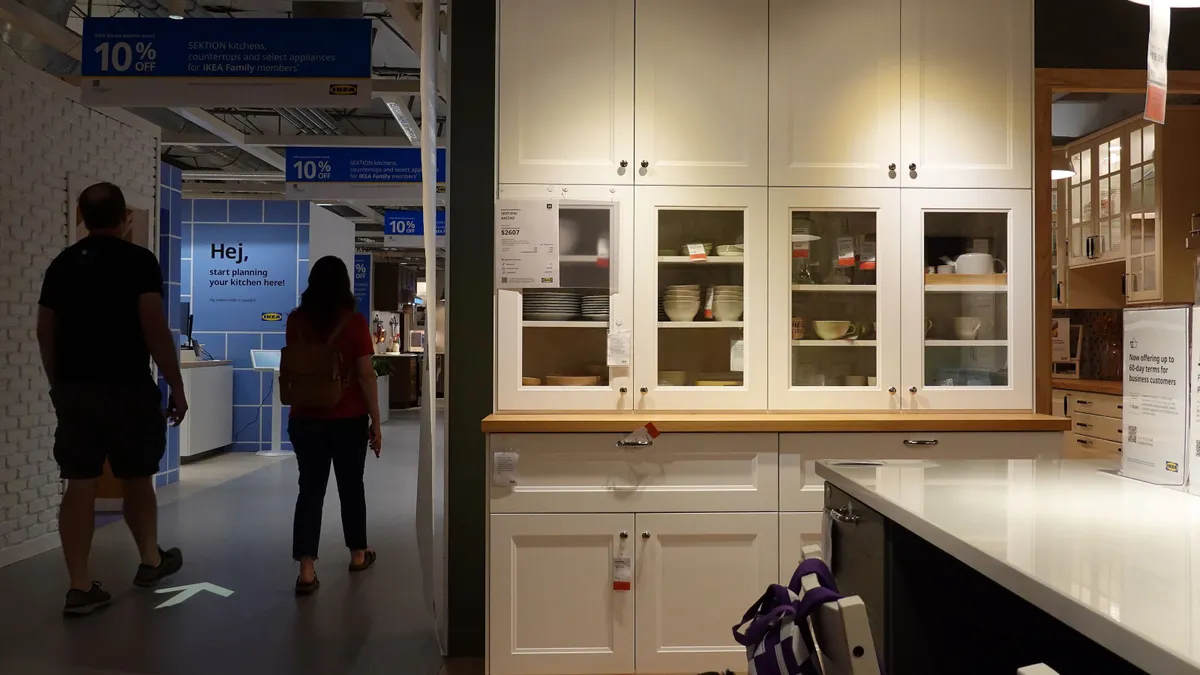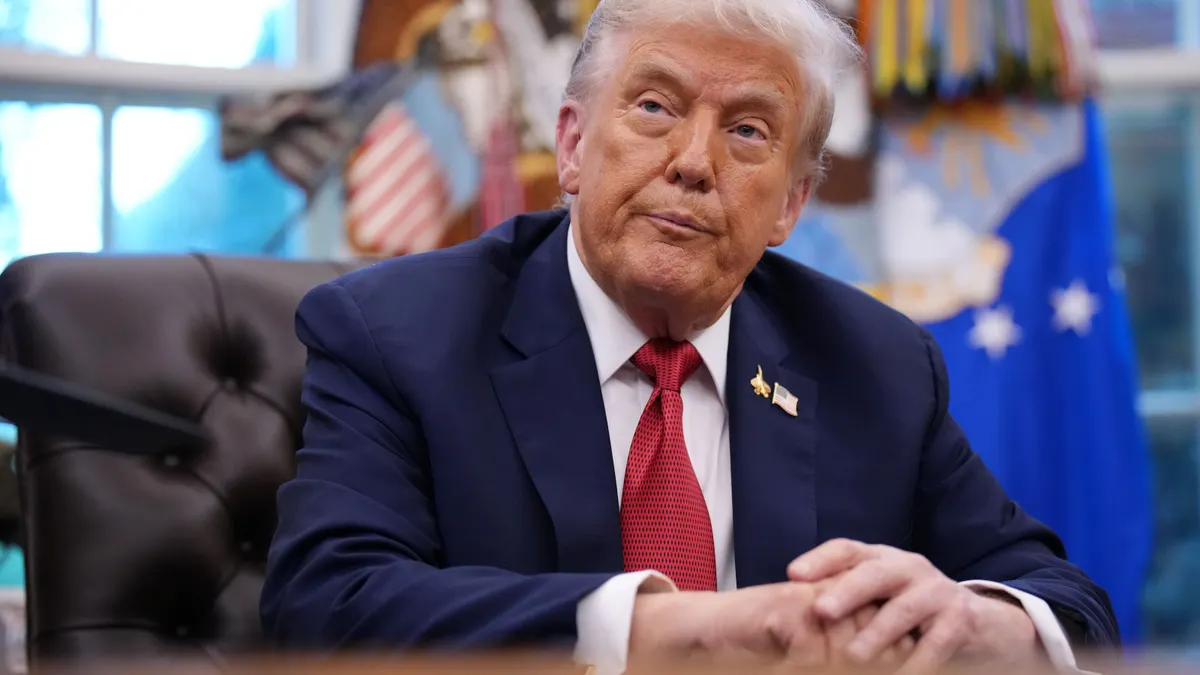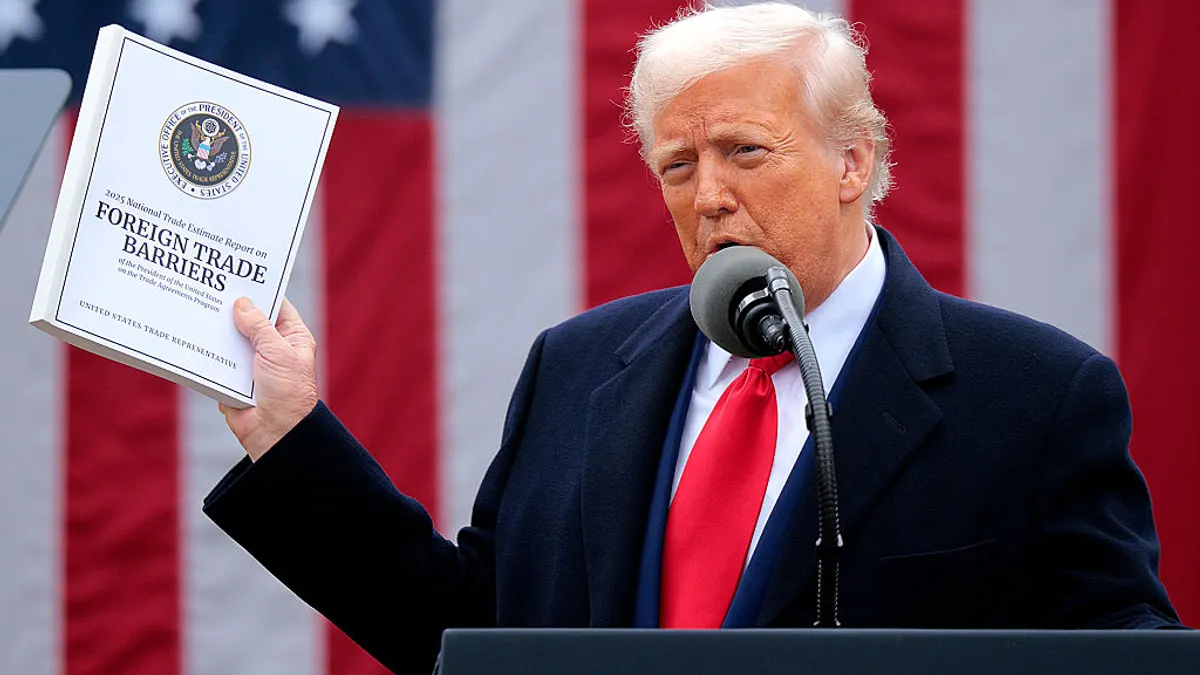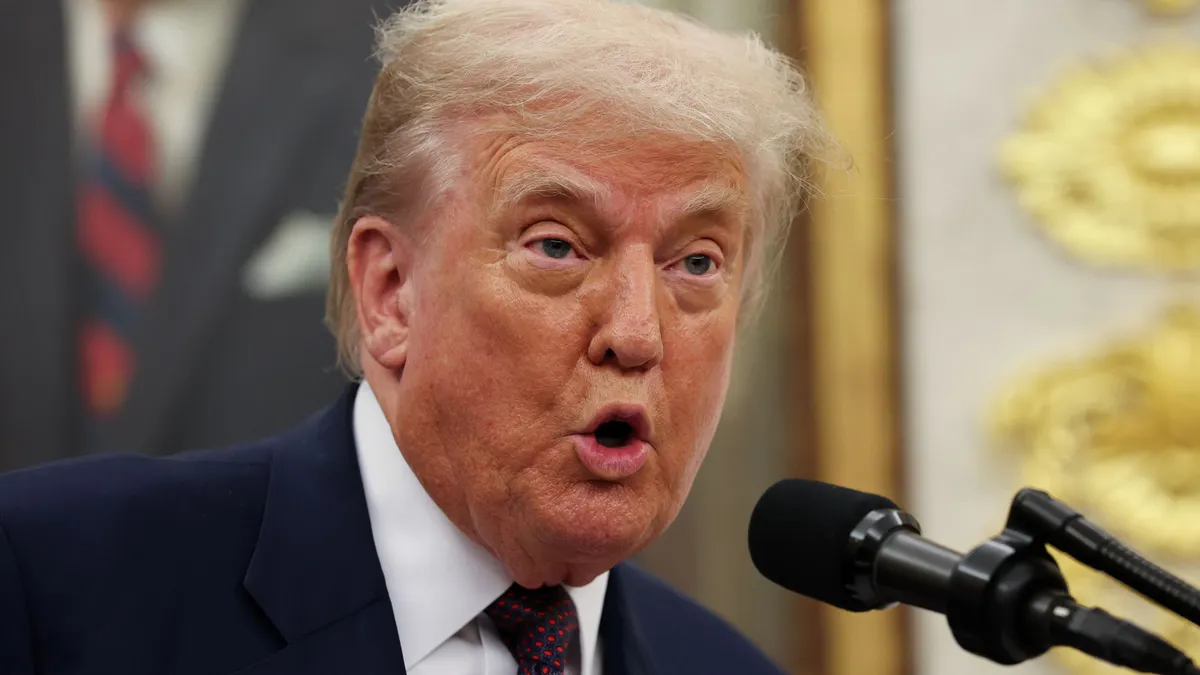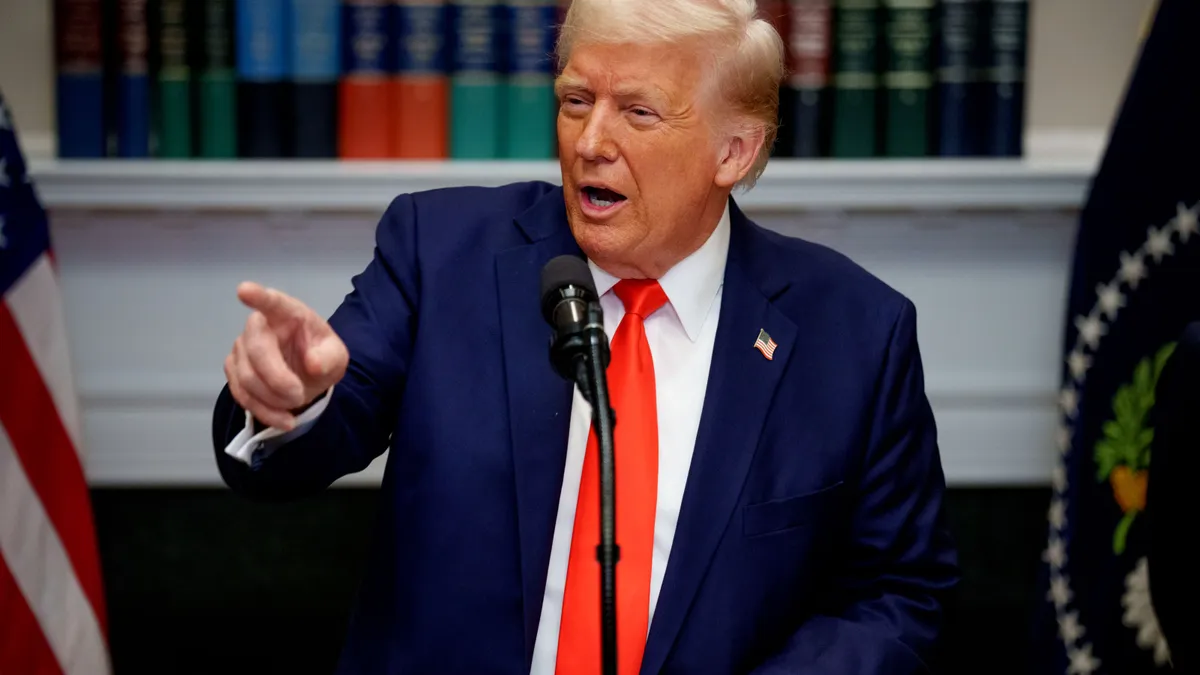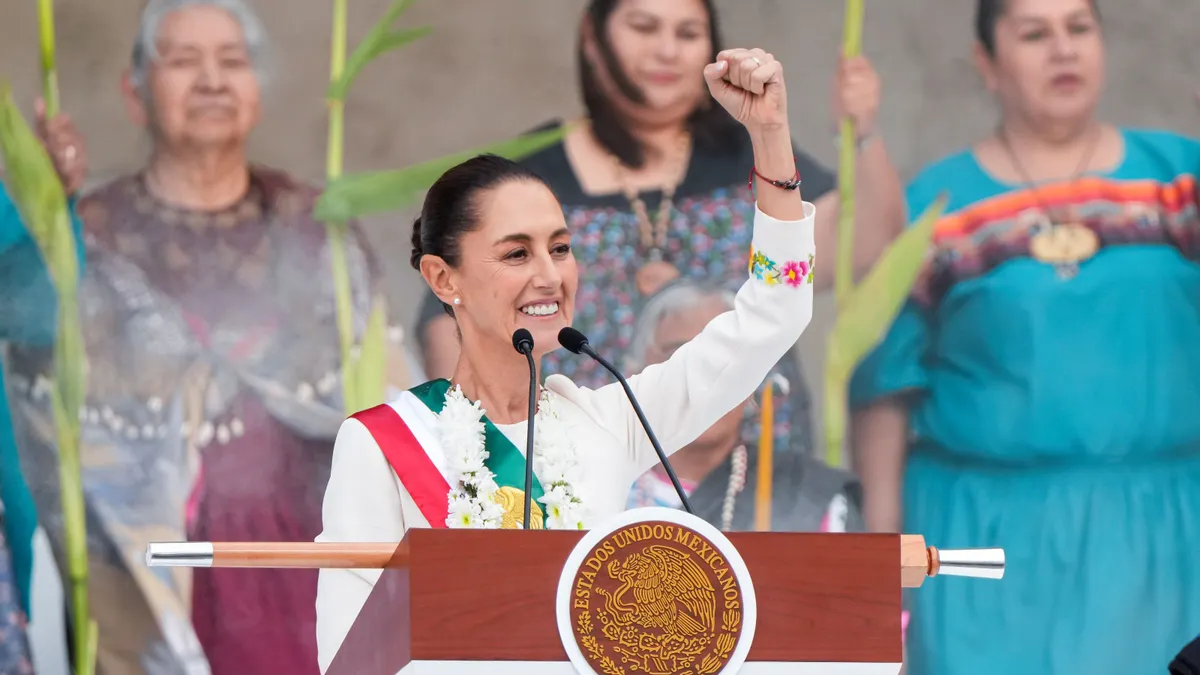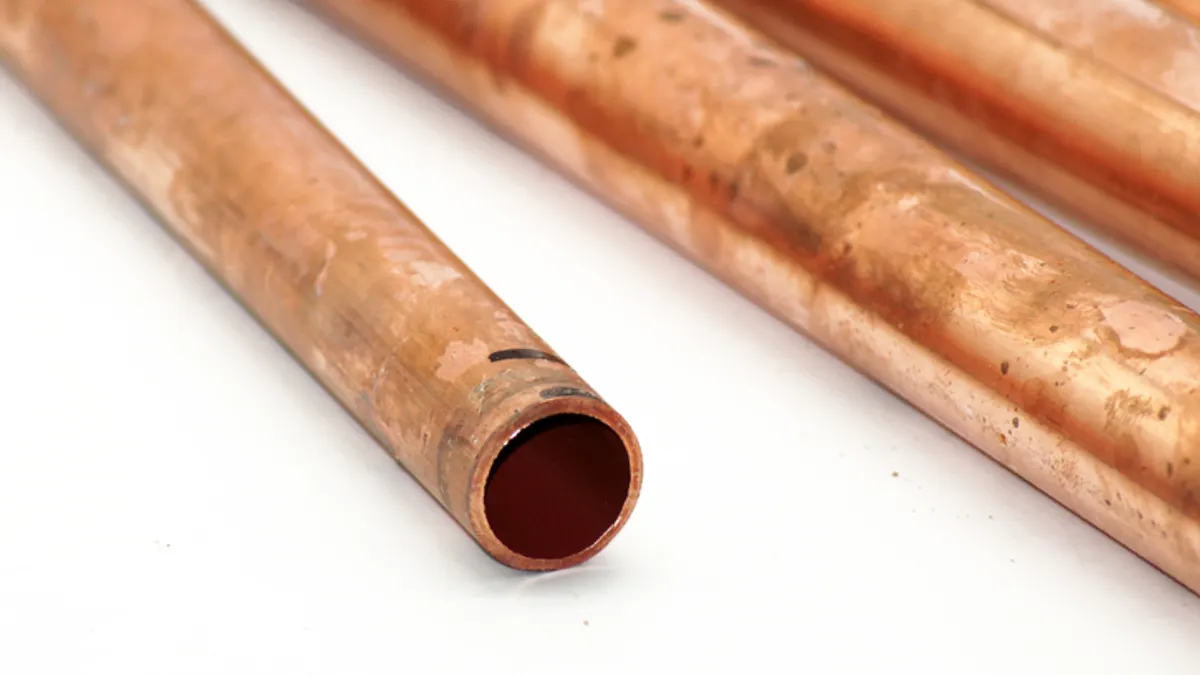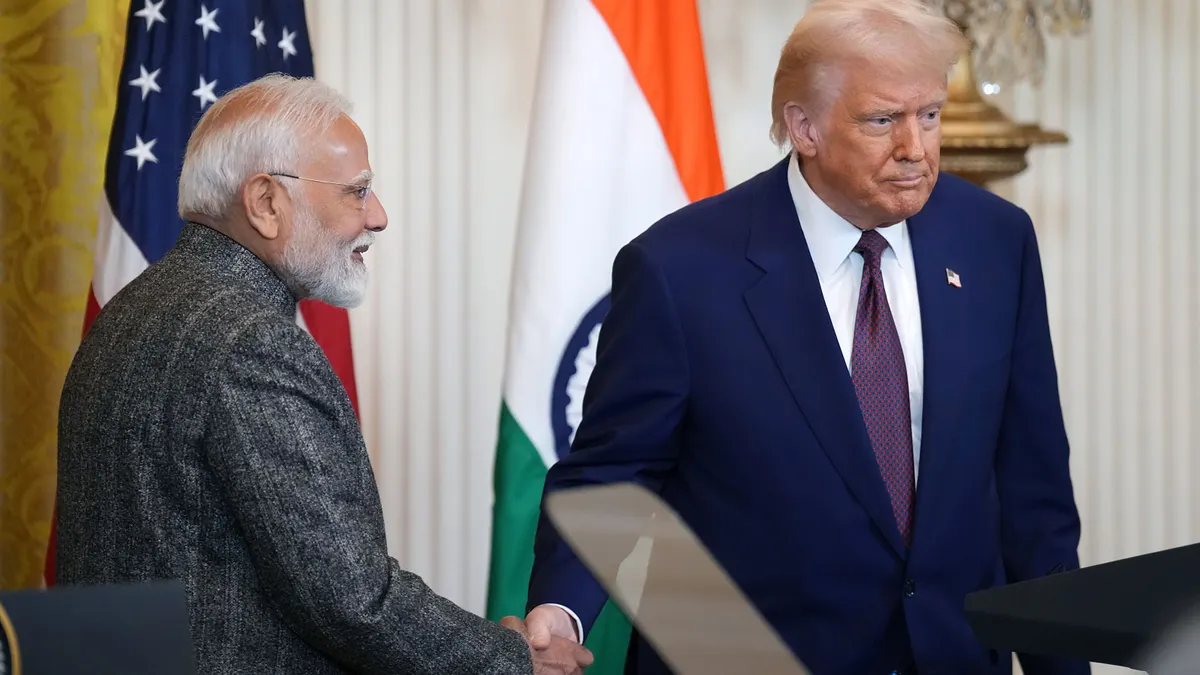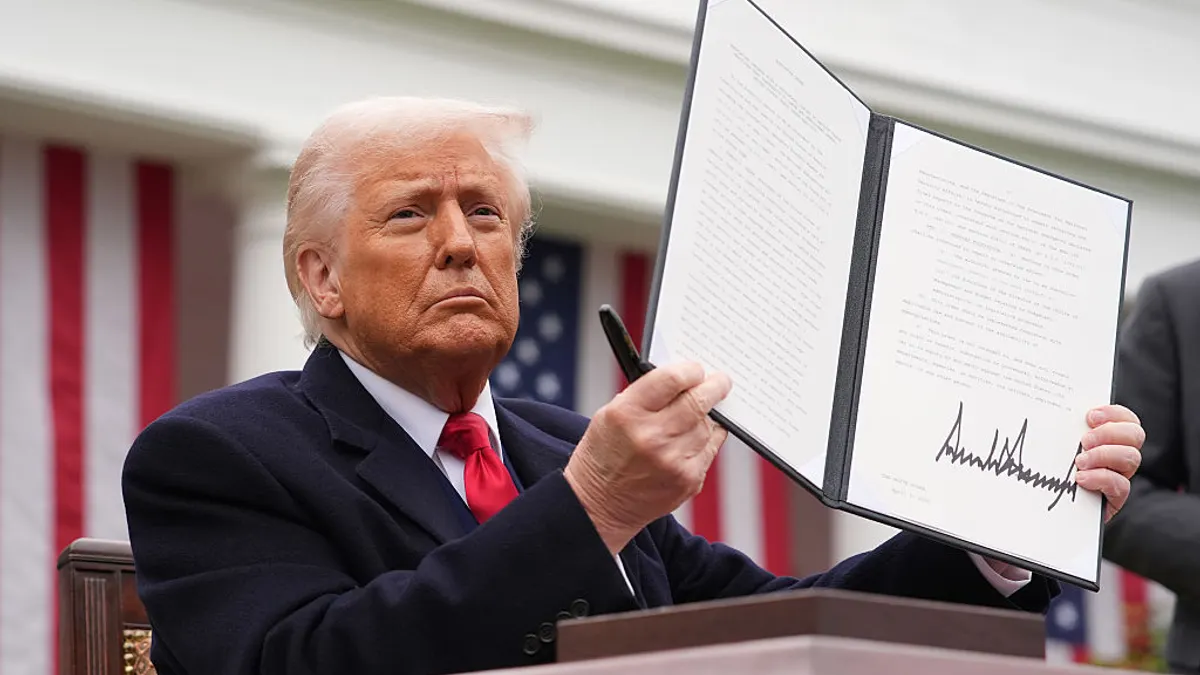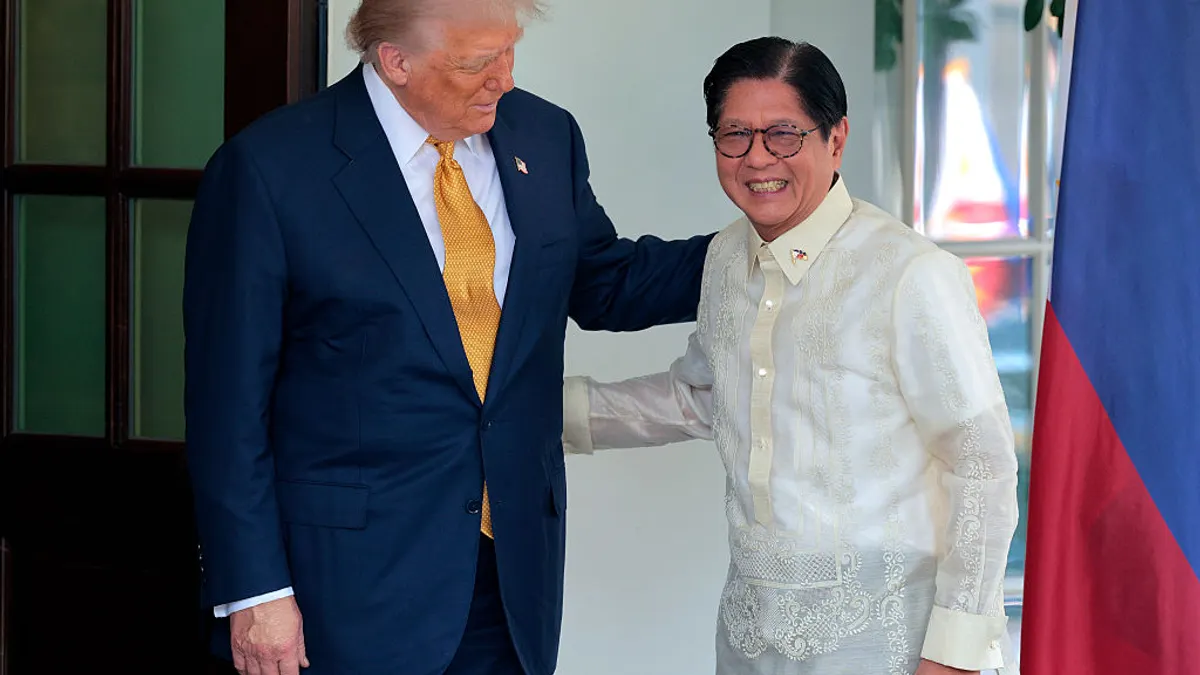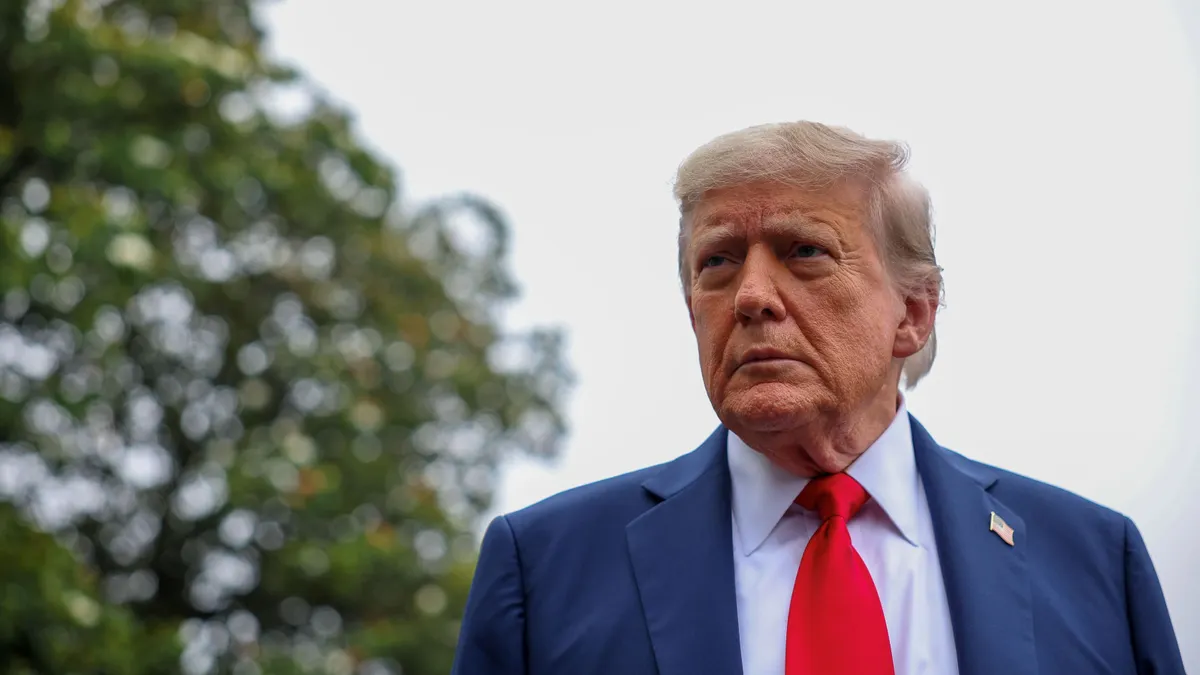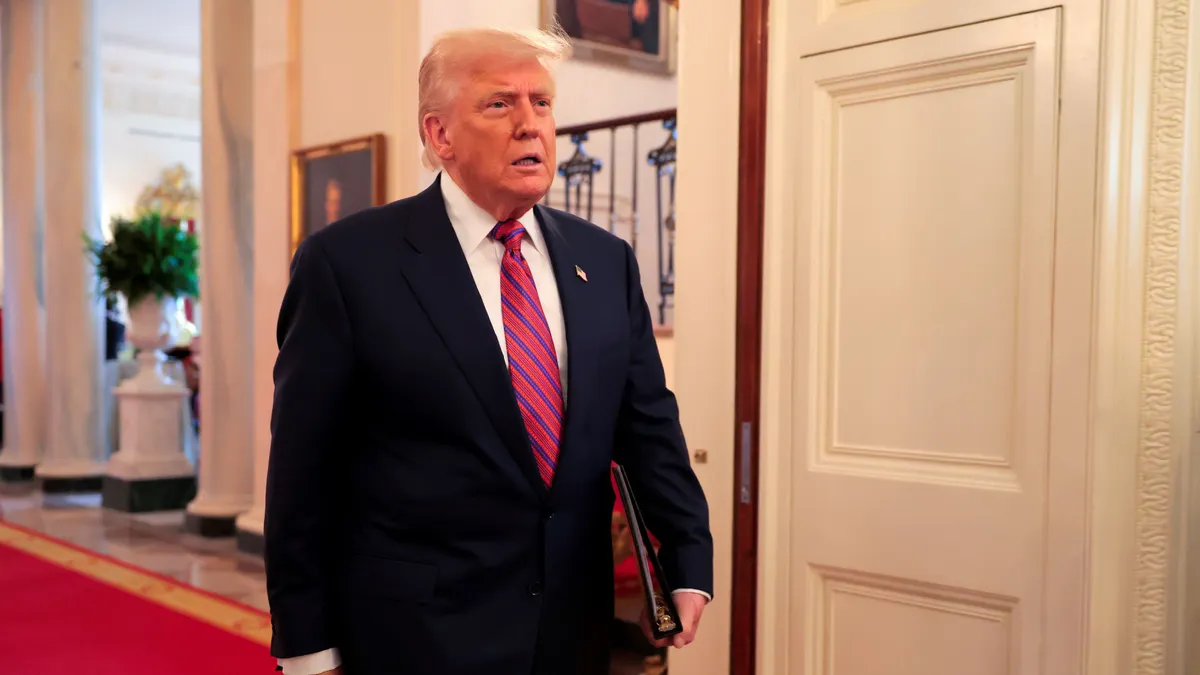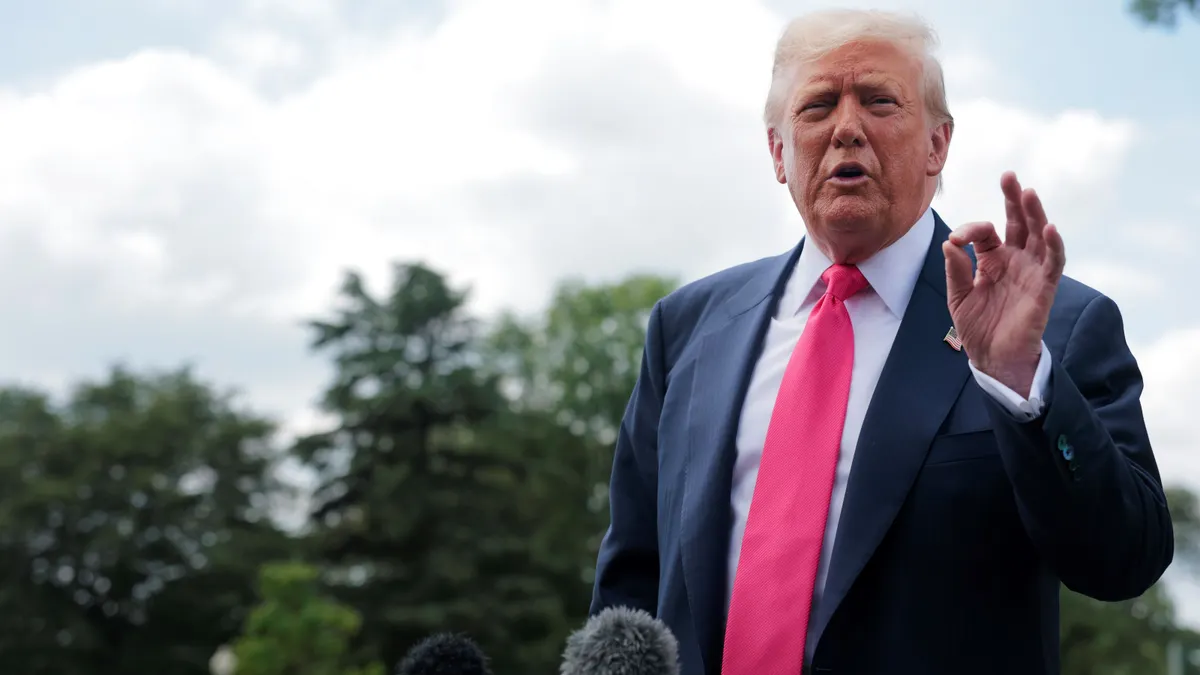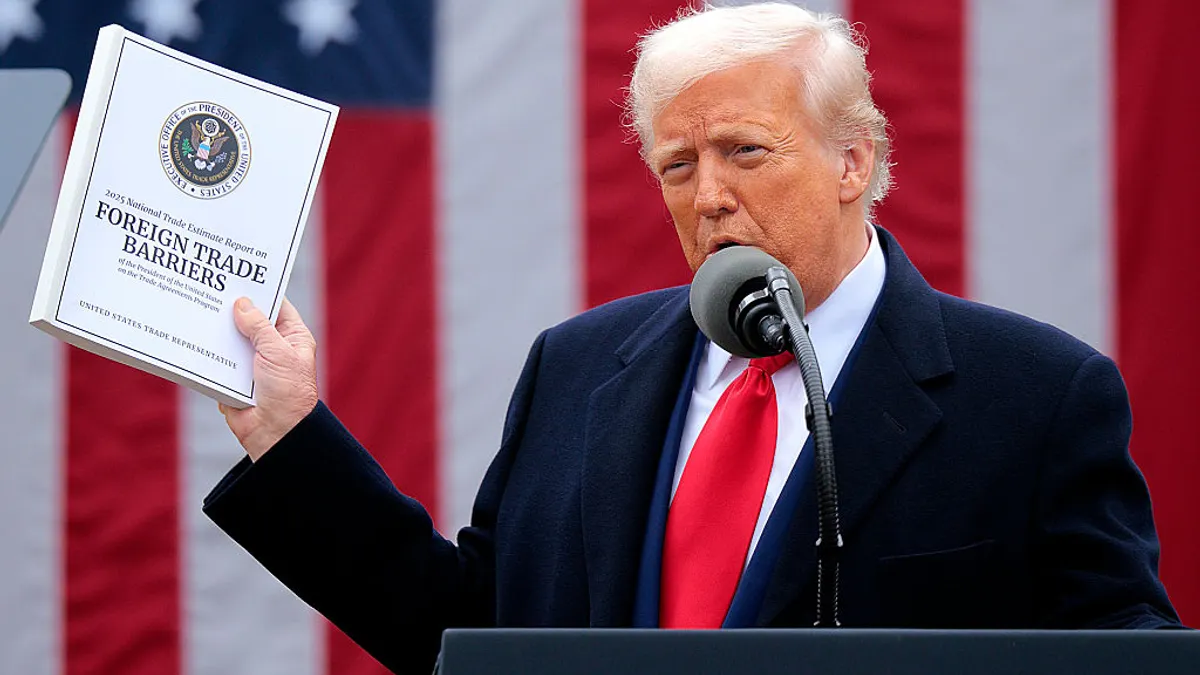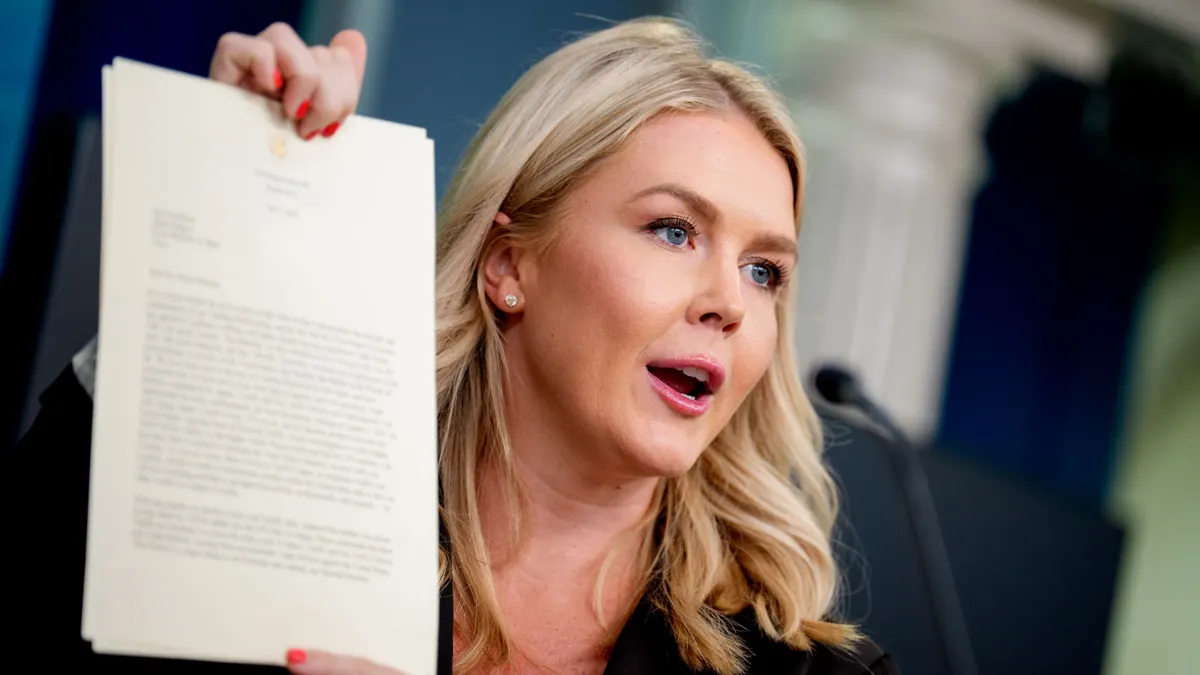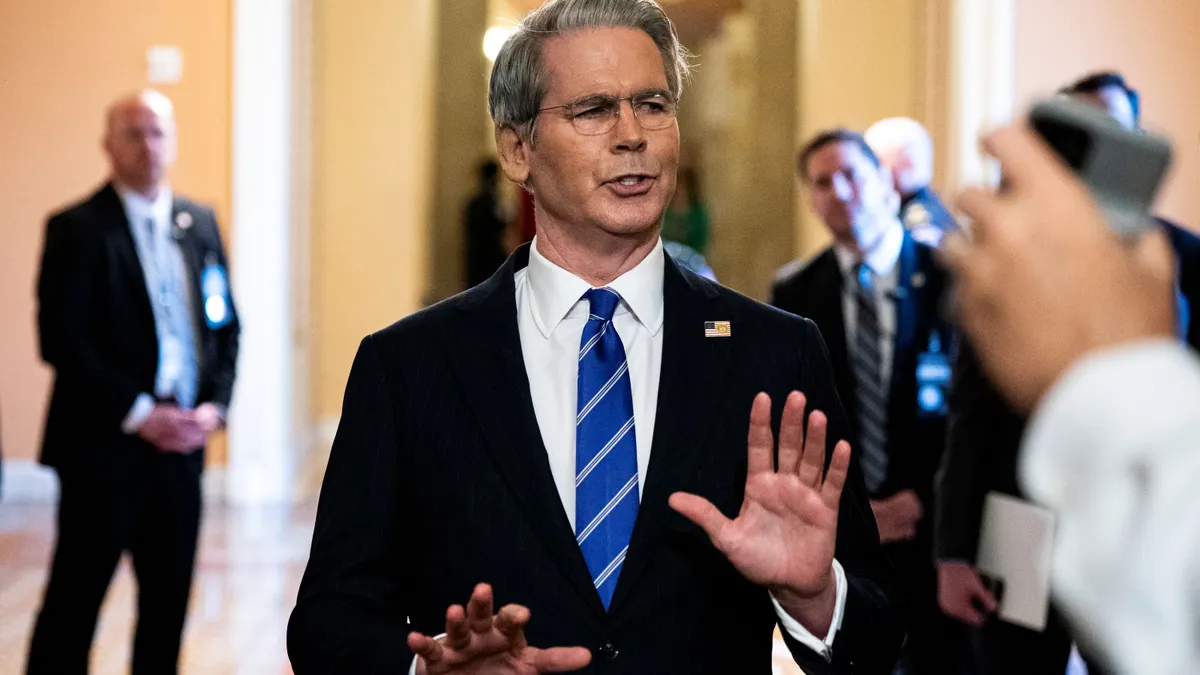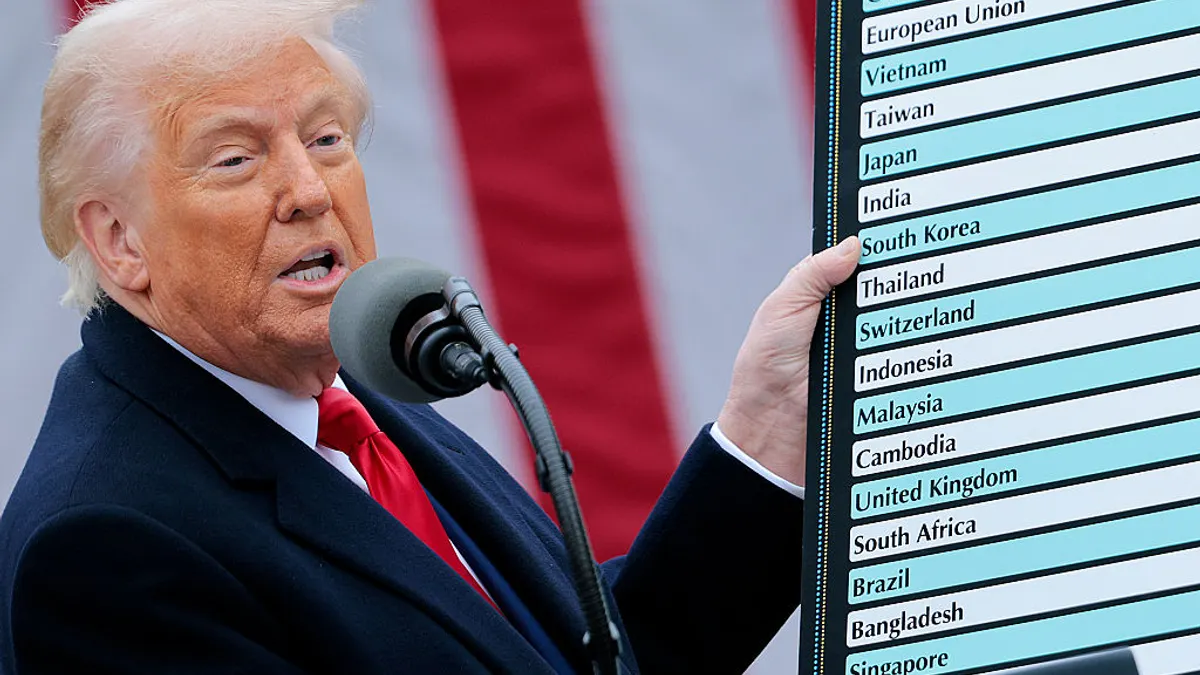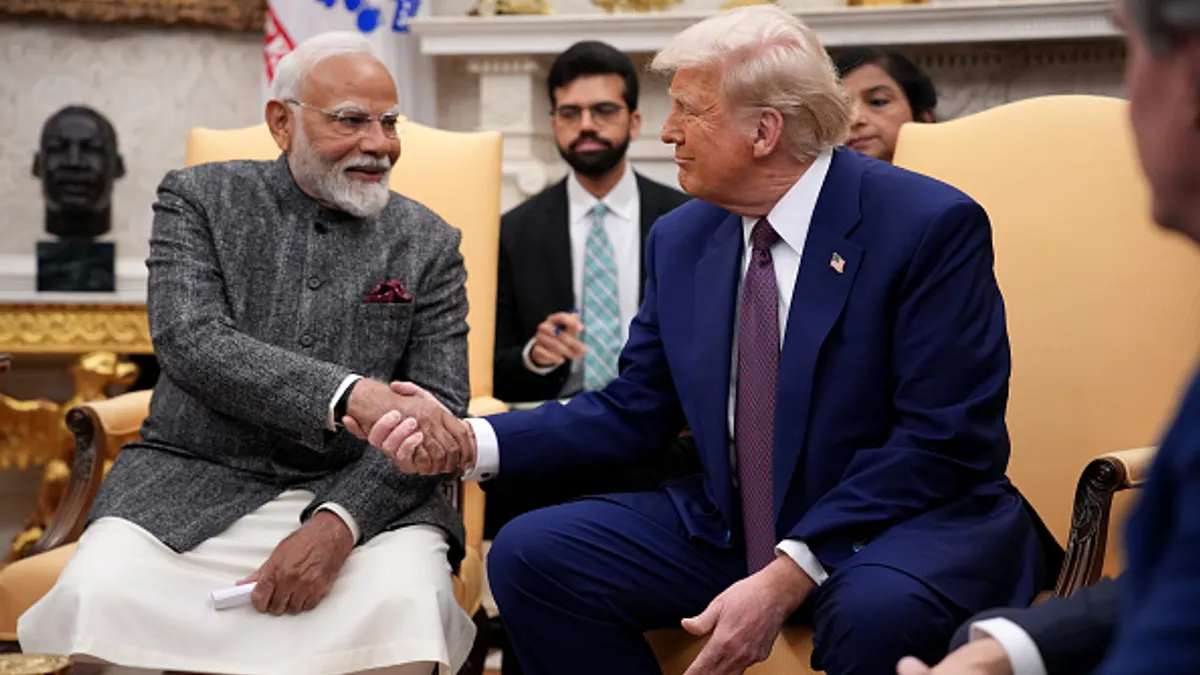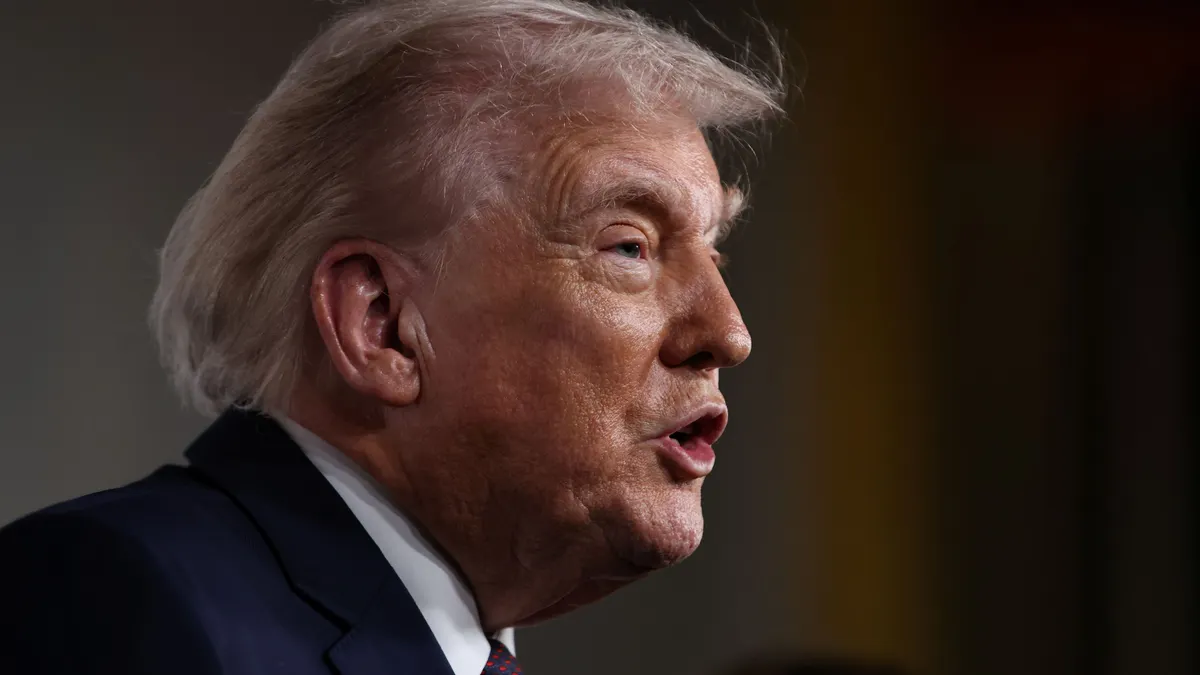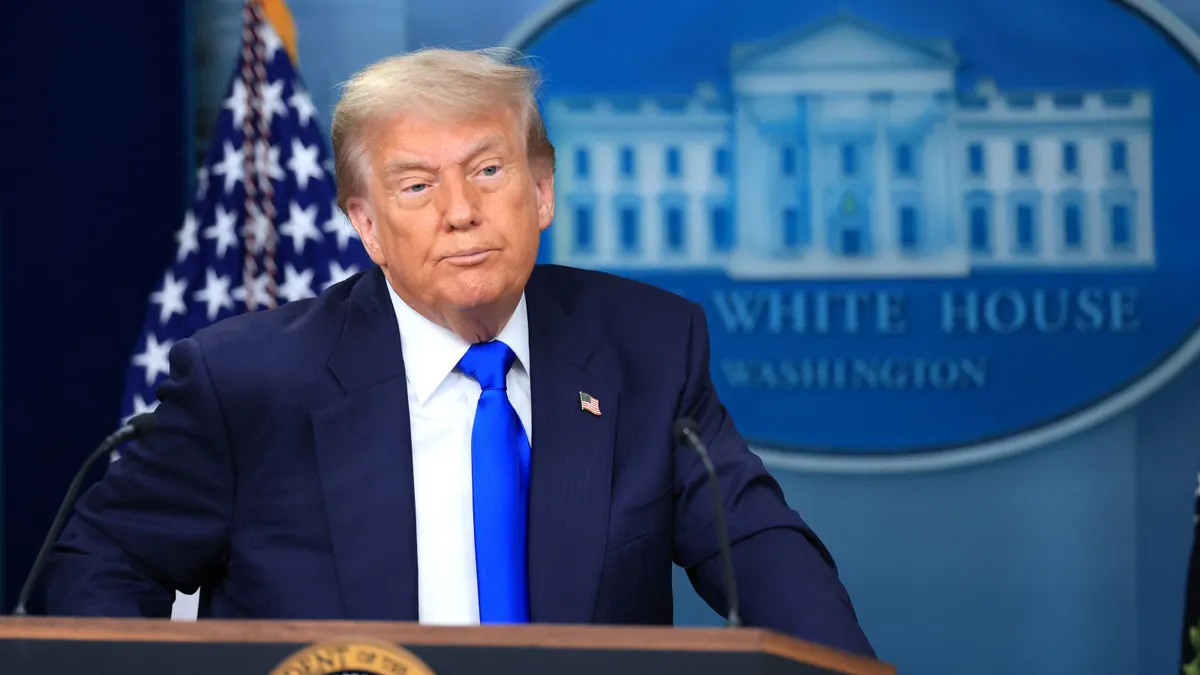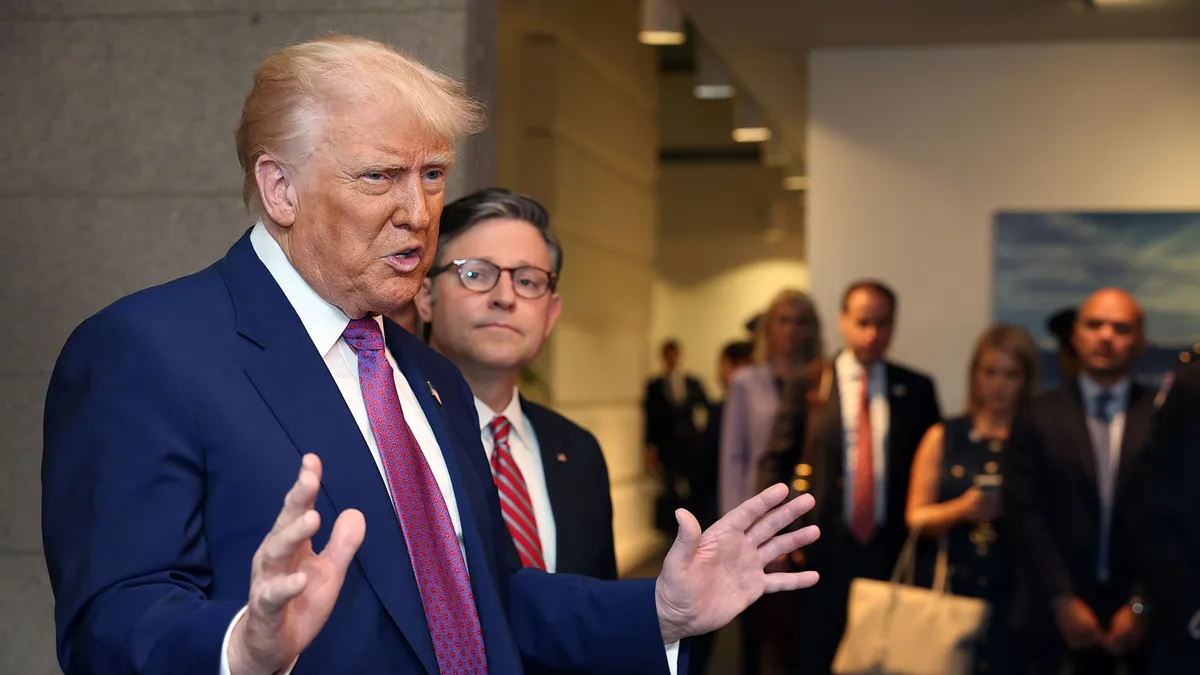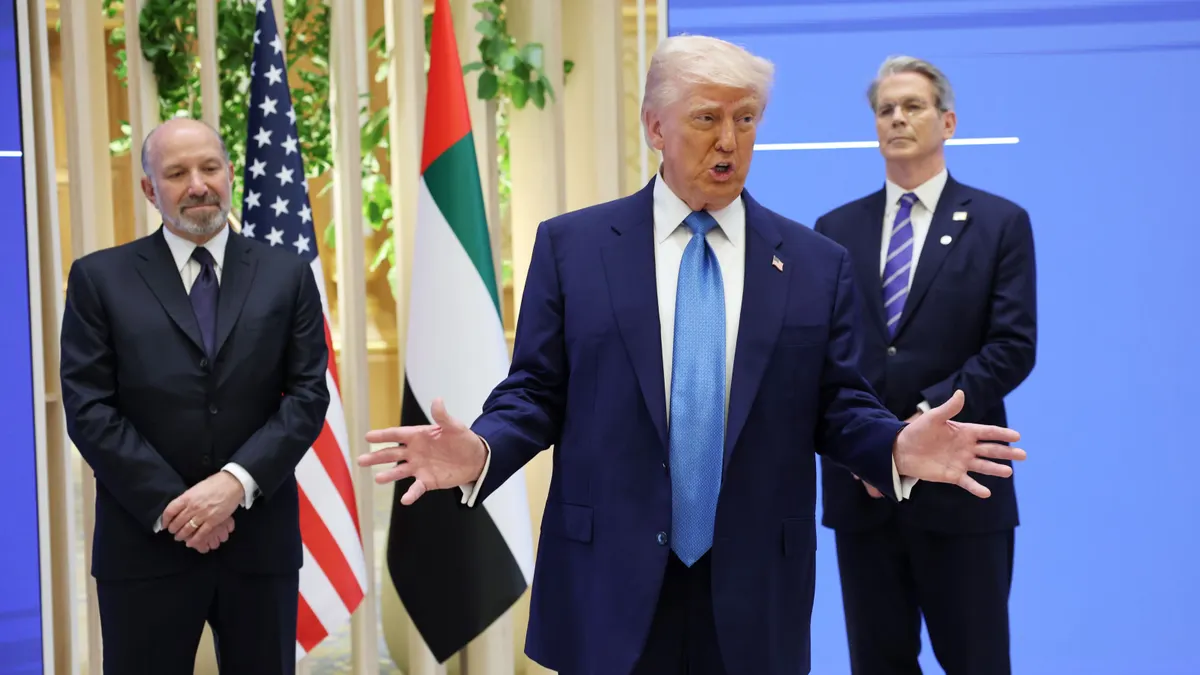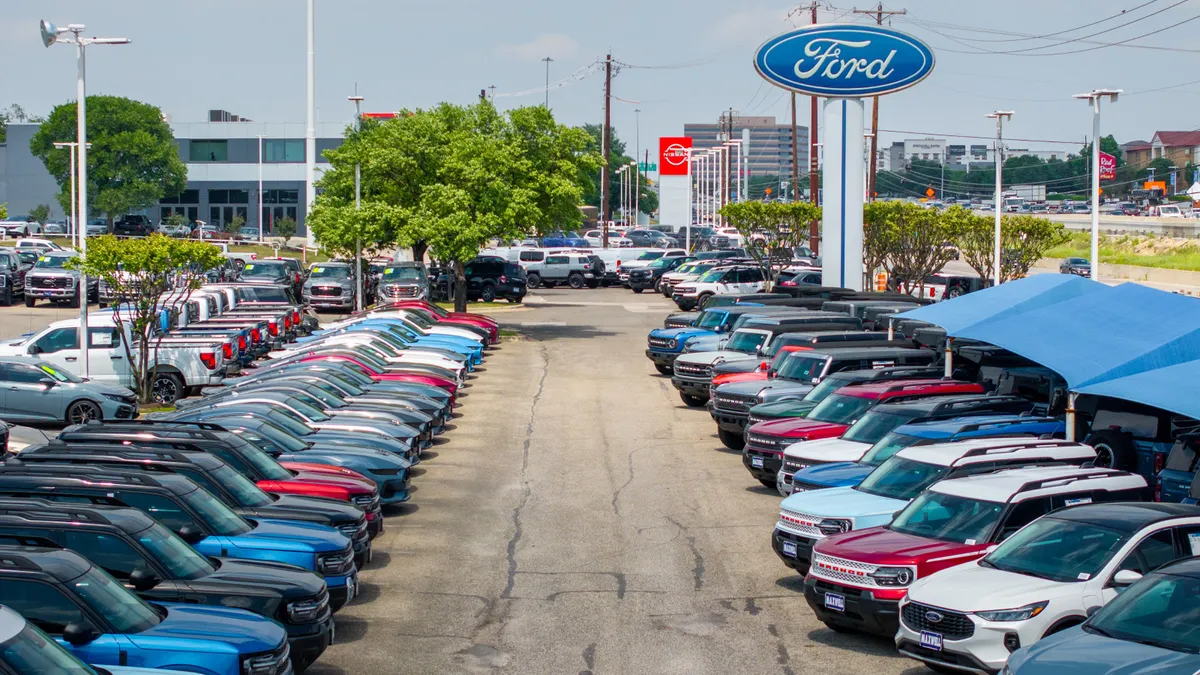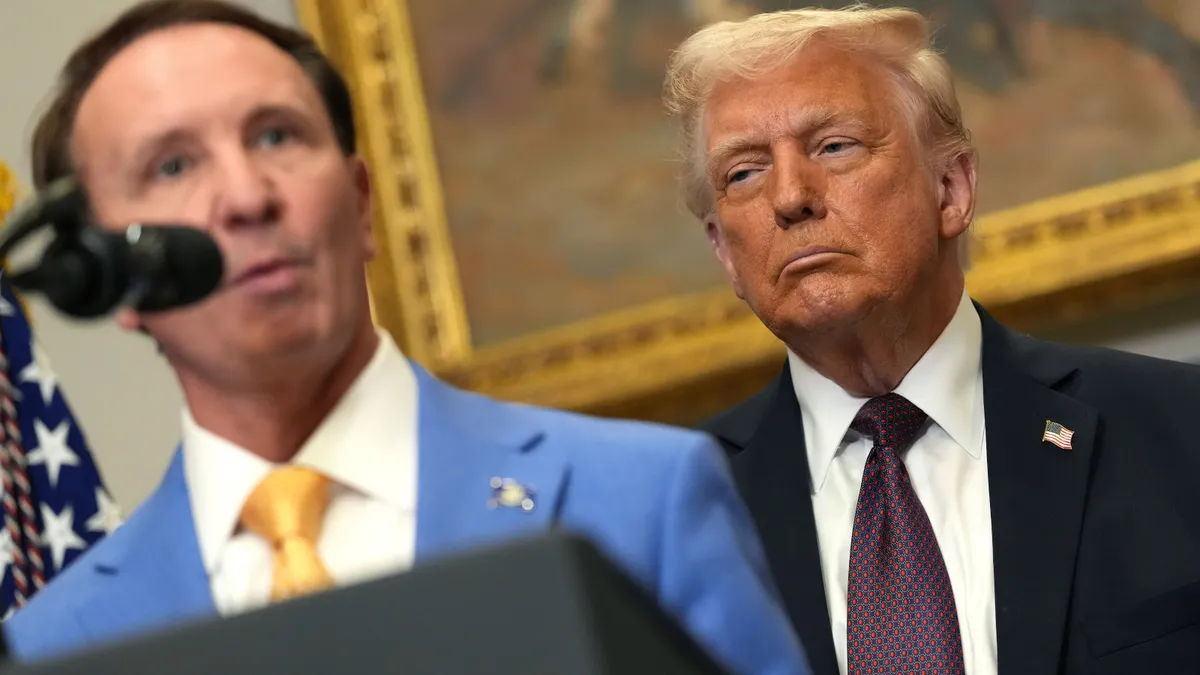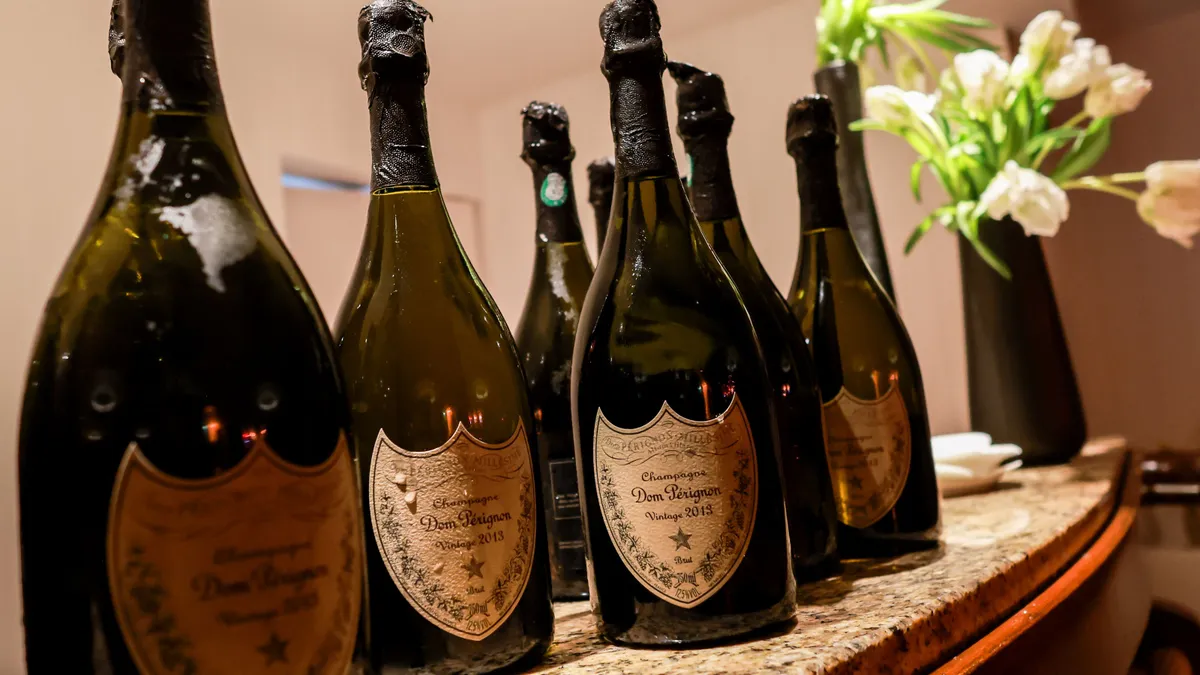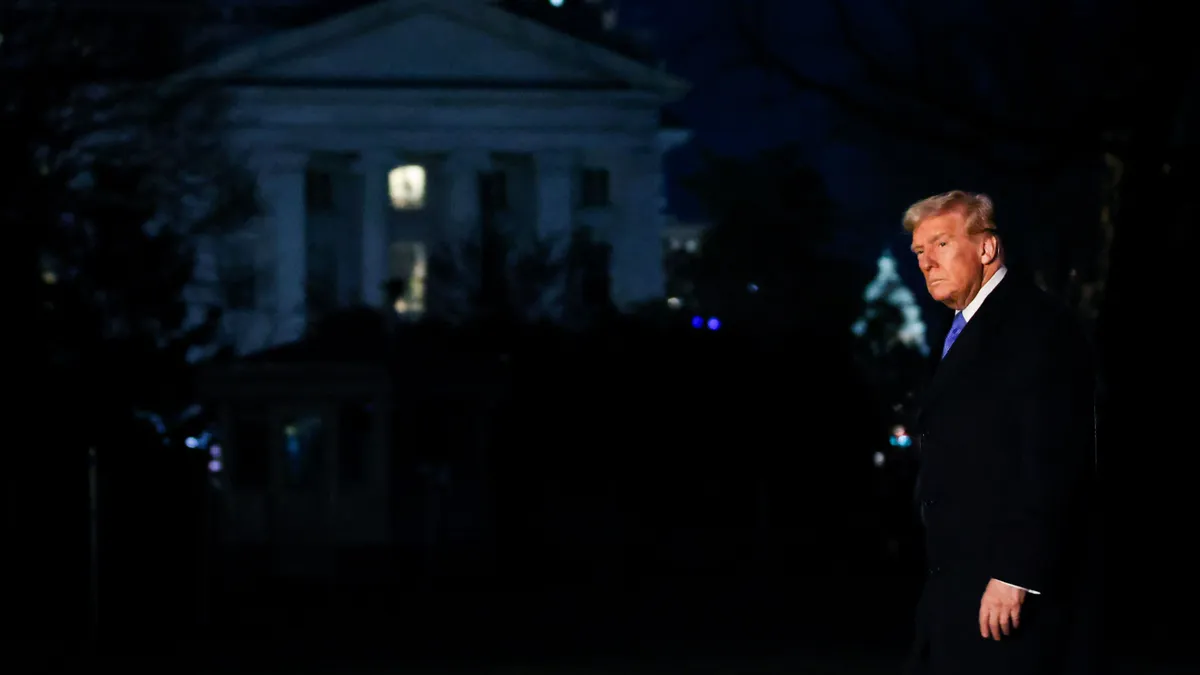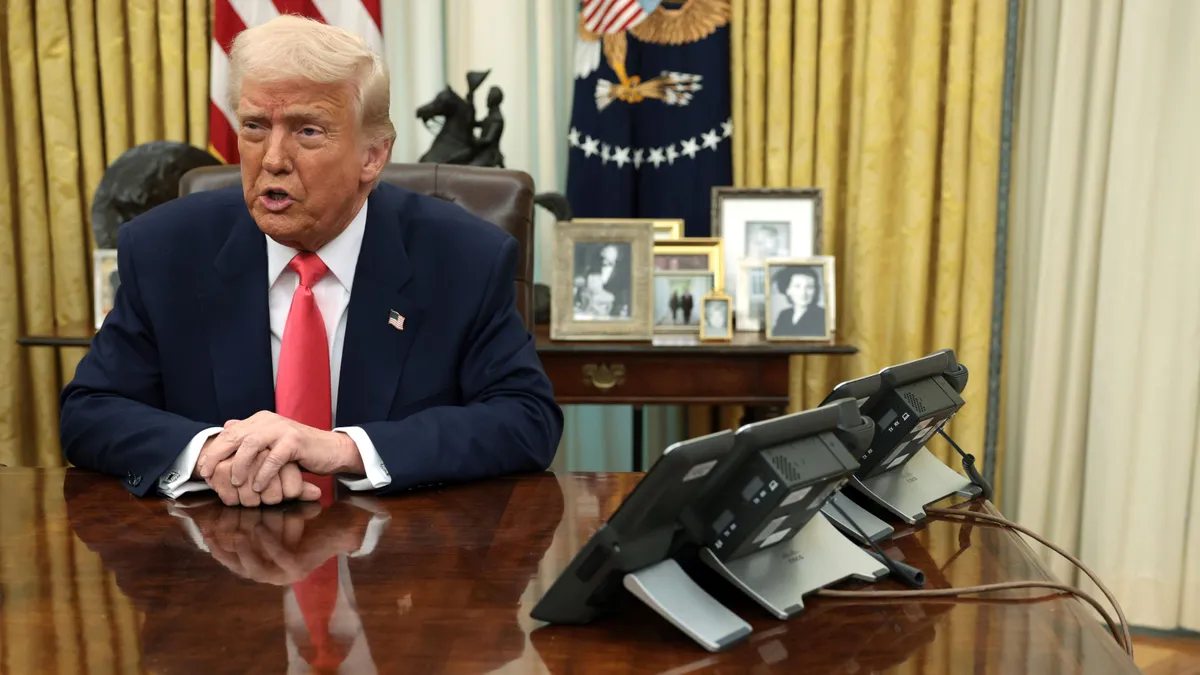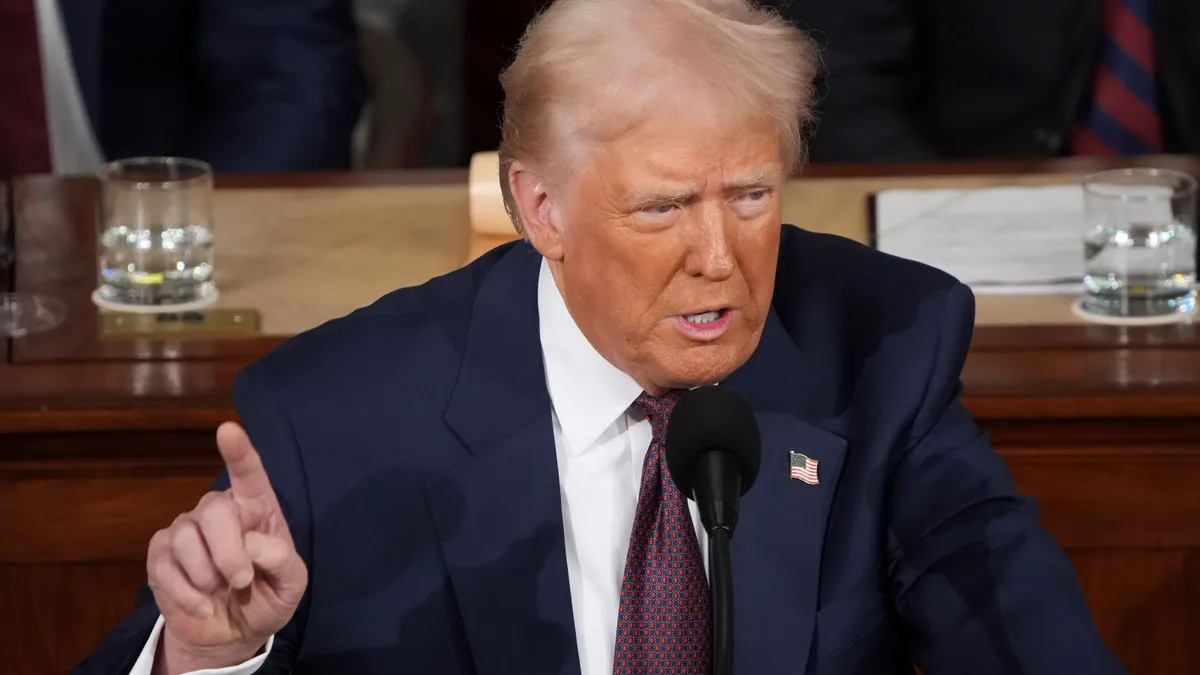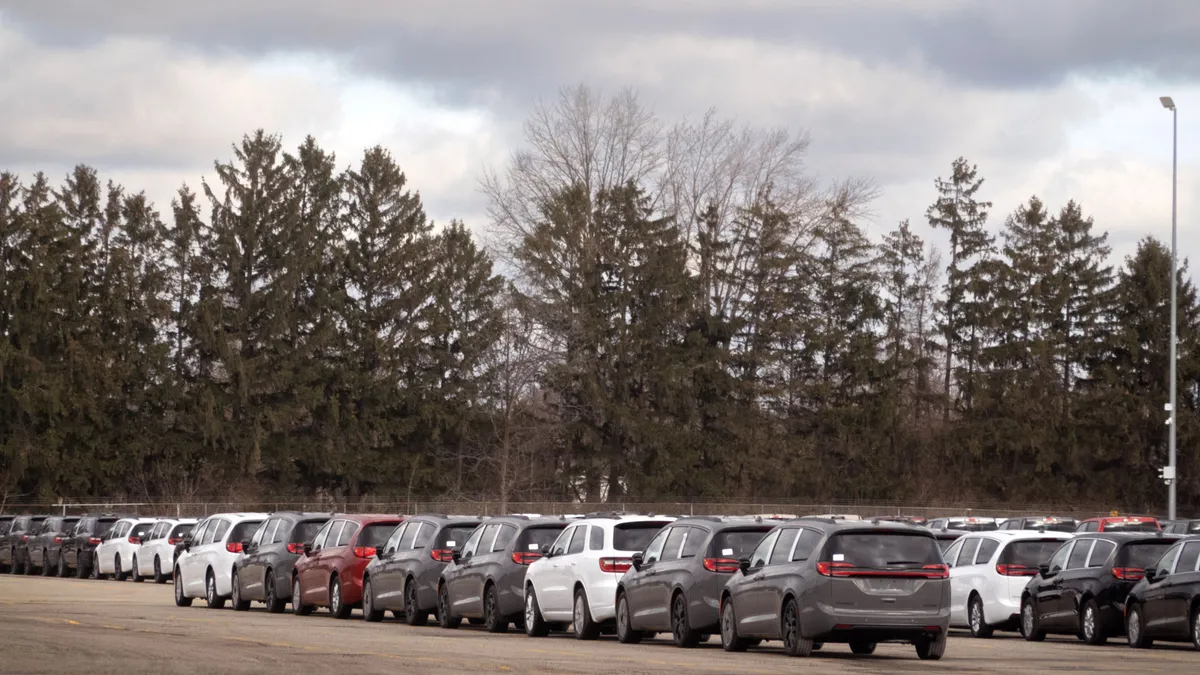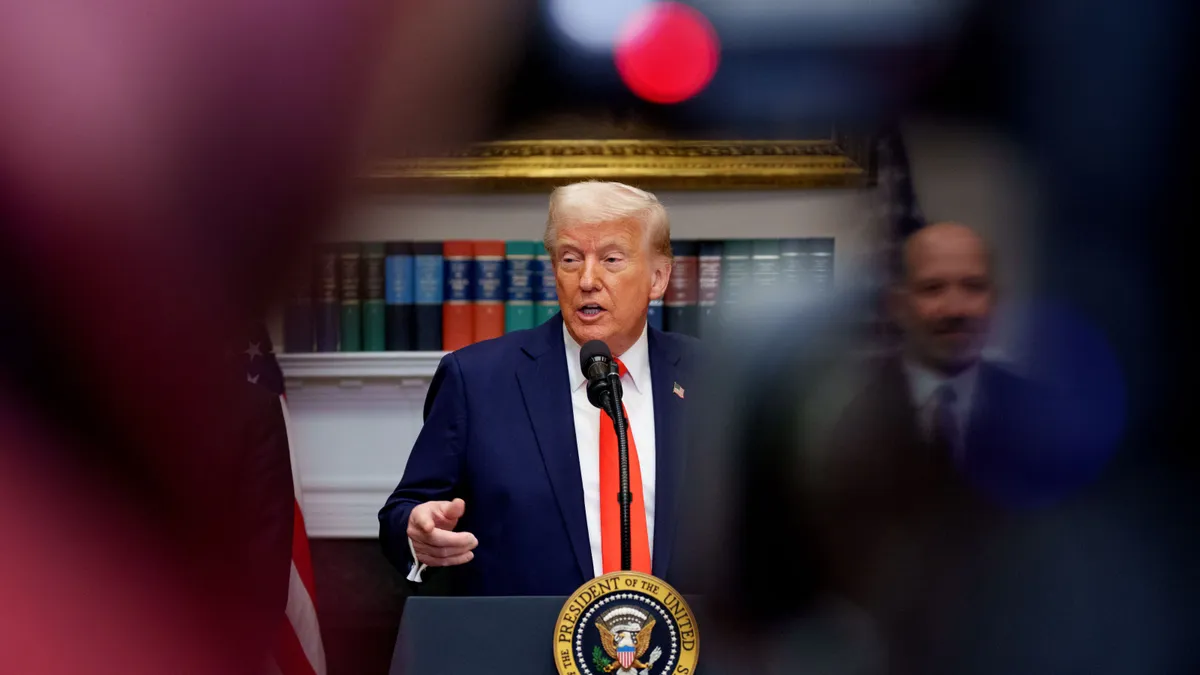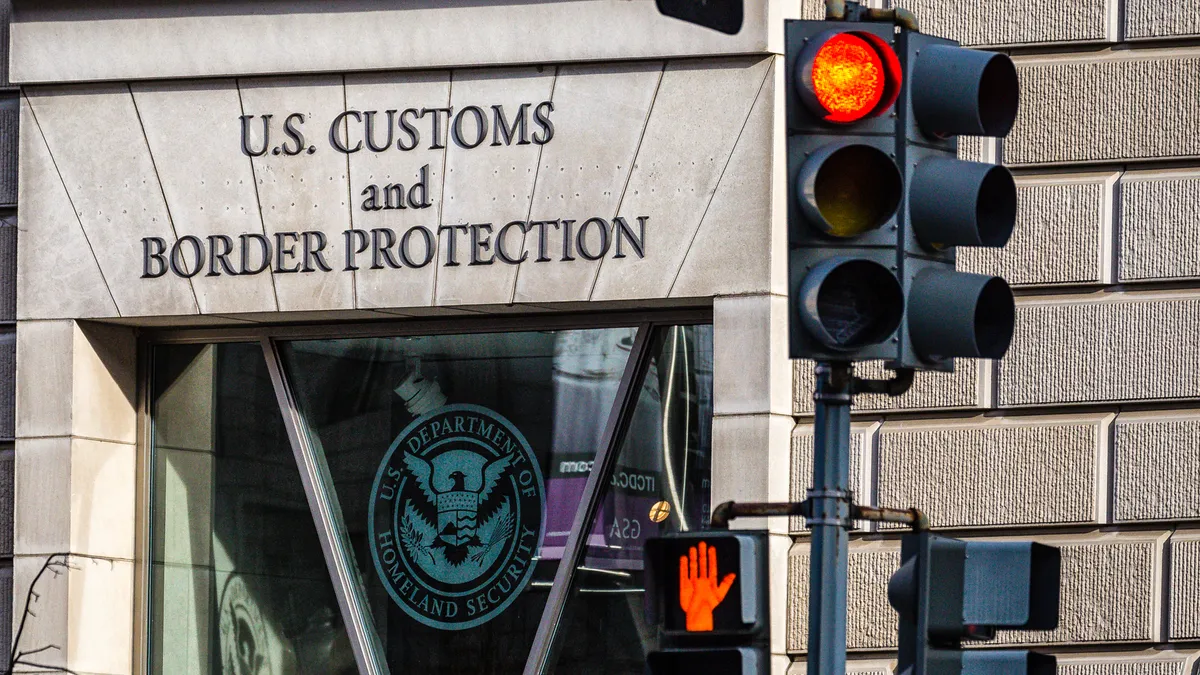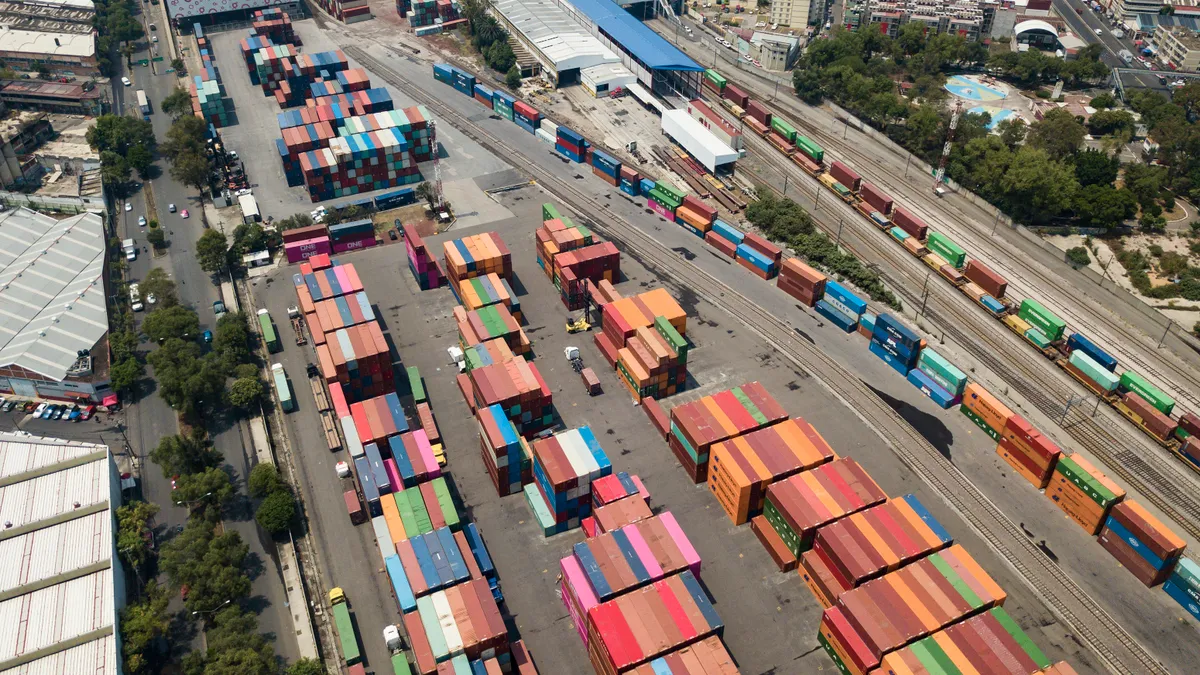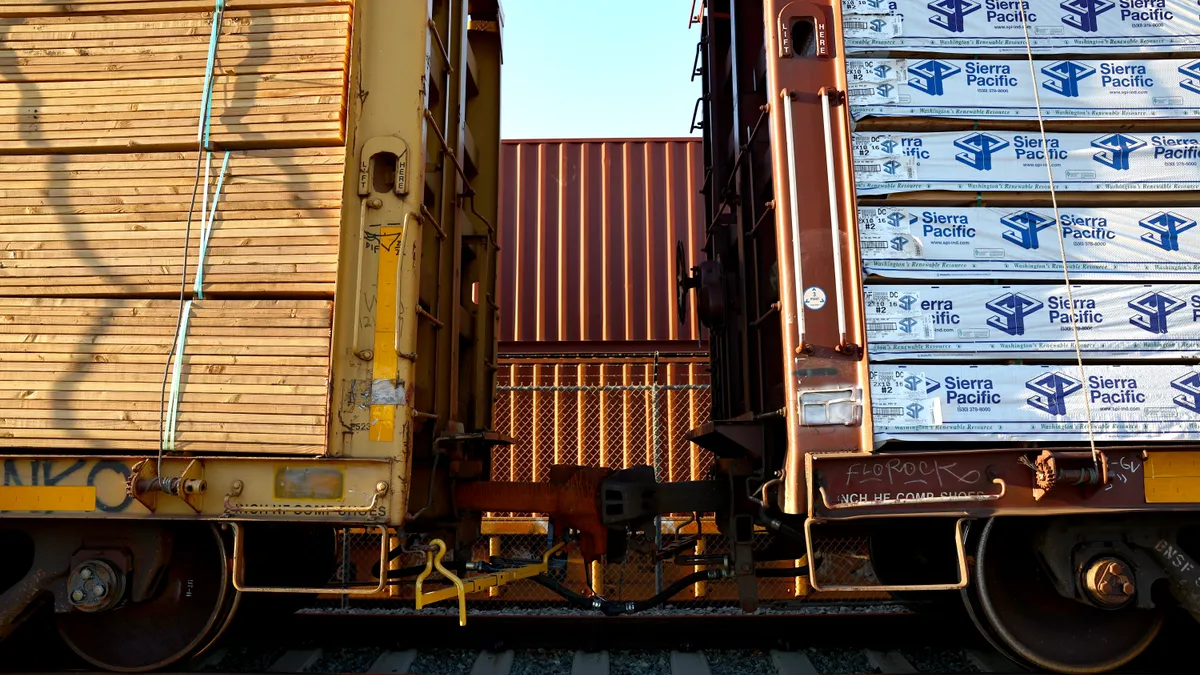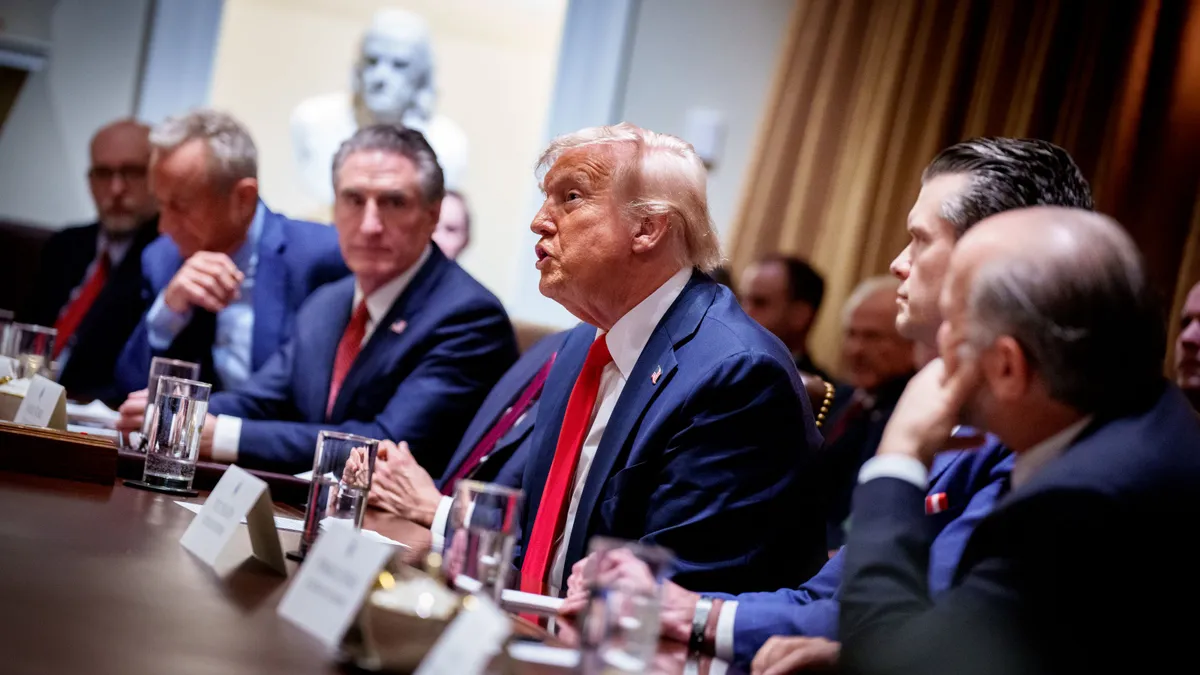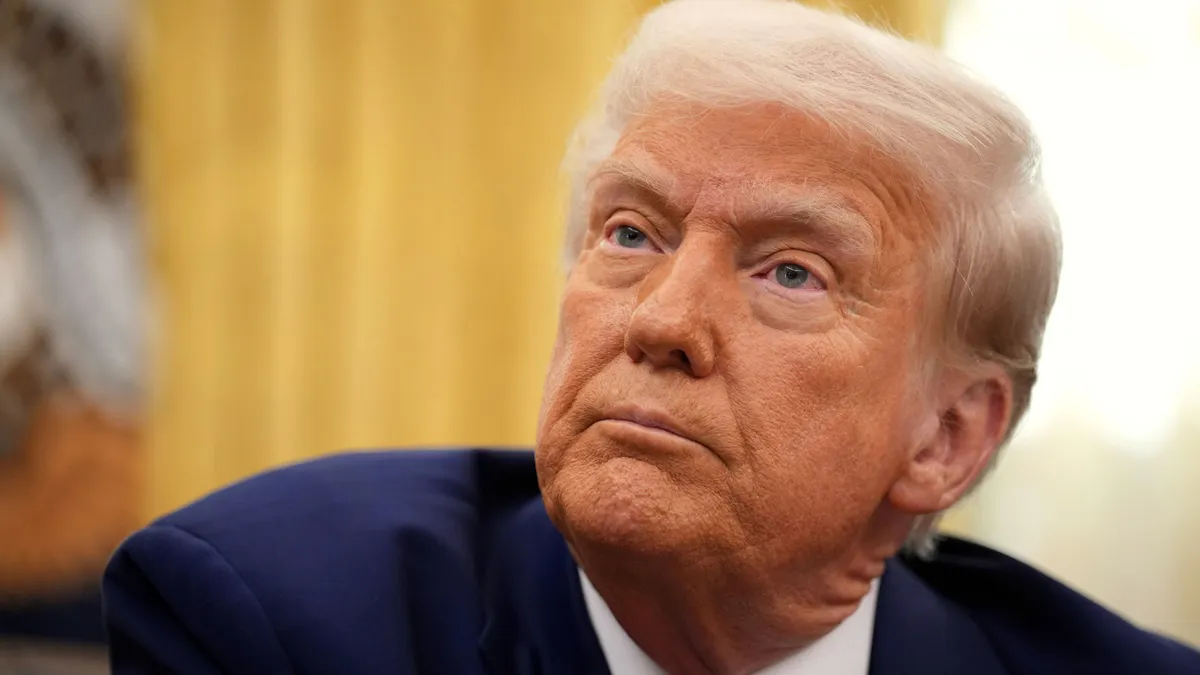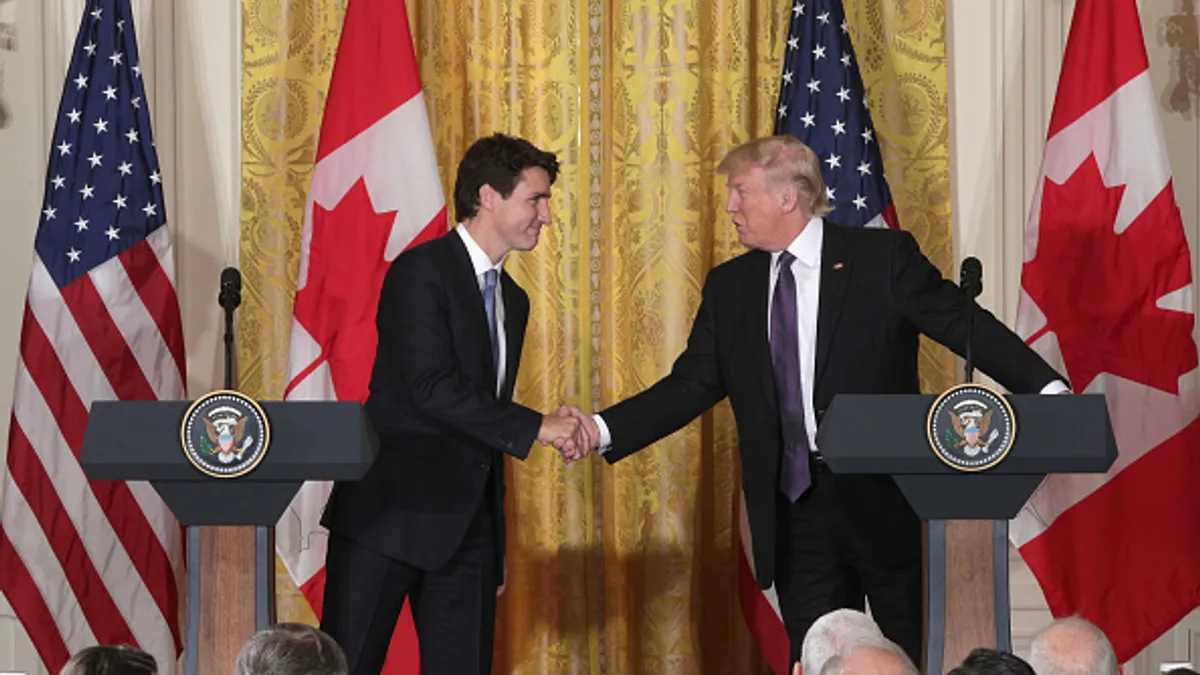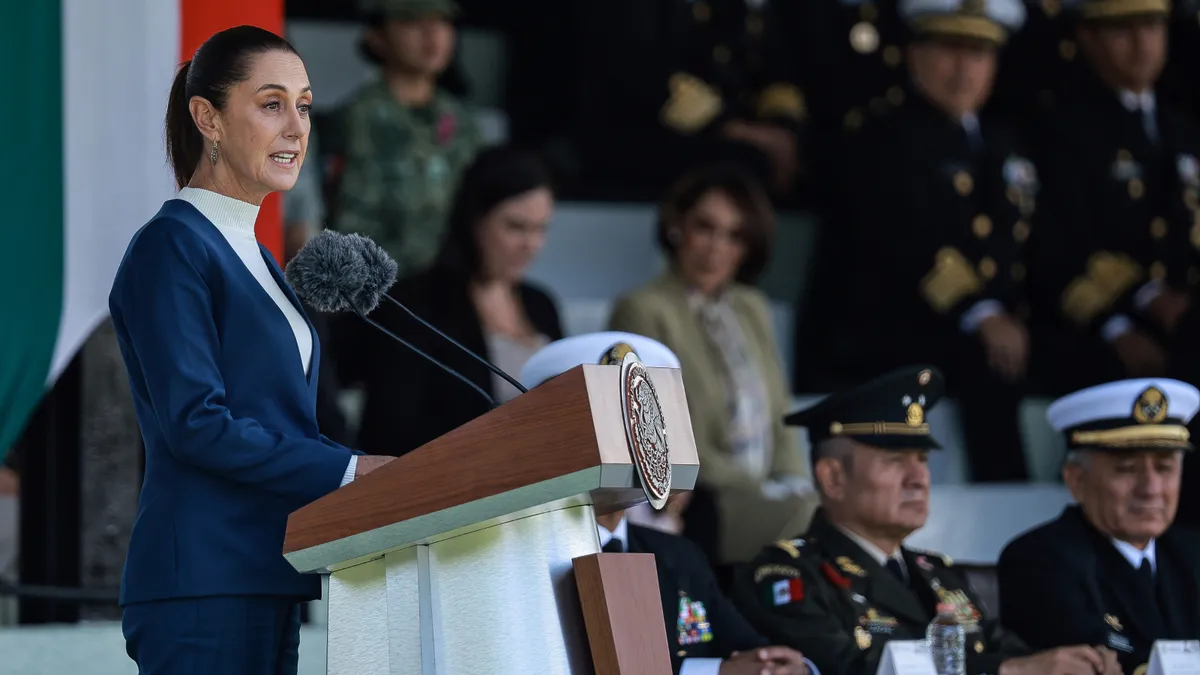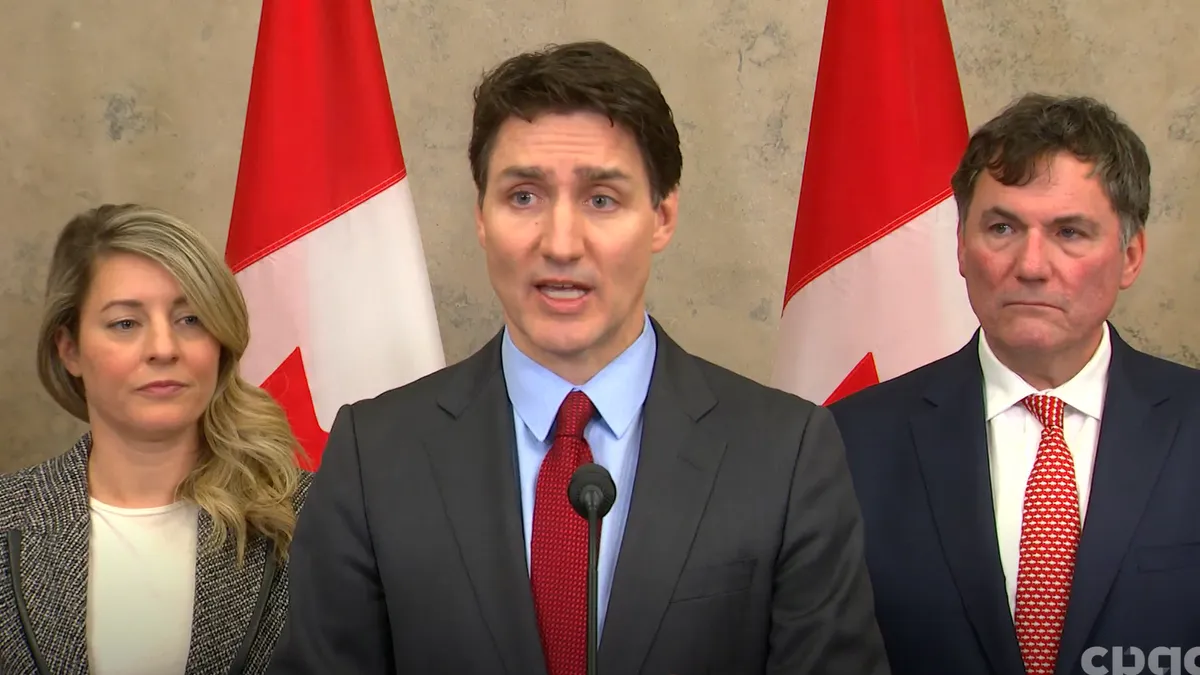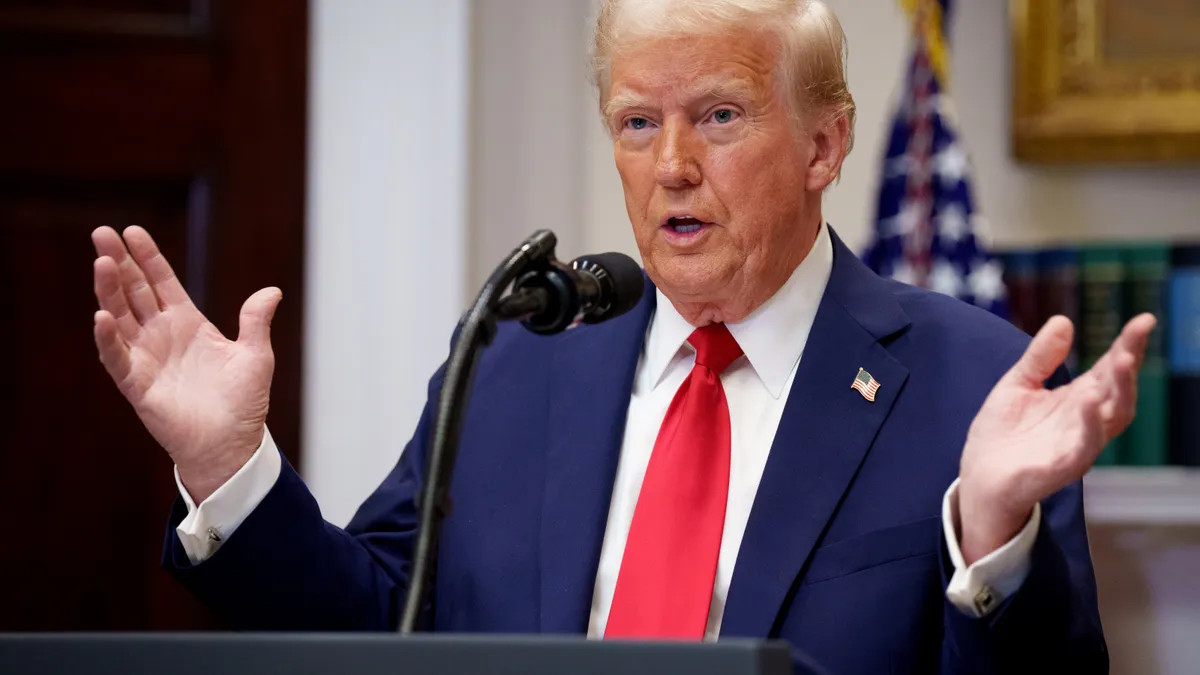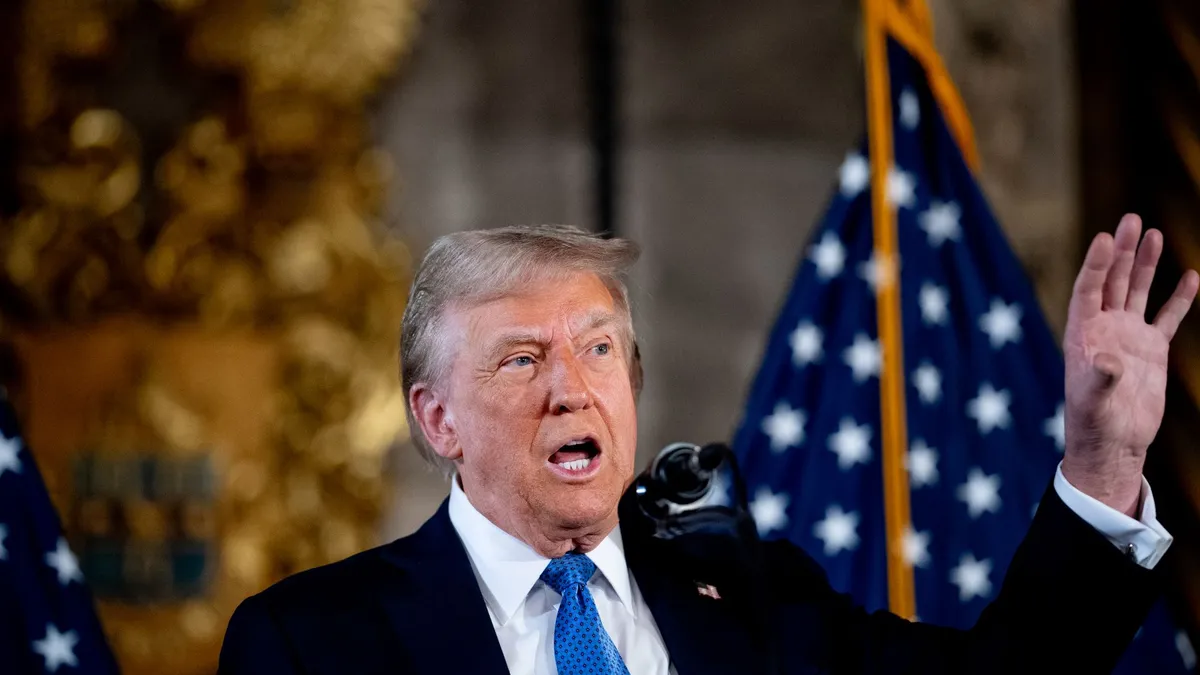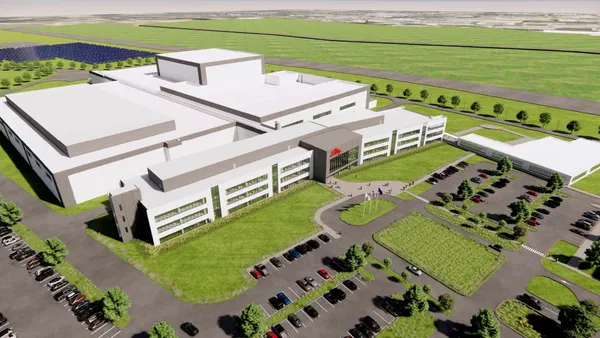President Donald Trump issued an executive order on Wednesday imposing a 40% tariff on select imports from Brazil starting Aug. 6, raising the total duty on goods from Brazil to 50%. The order cited a national emergency due to Brazil's government policies as the rationale for the levies.
The directive stated that the U.S. would match any retaliatory tariffs from Brazil and add them to the 40% duty. Brazil's President Luiz Inácio Lula da Silva previously indicated the country would match Trump's earlier threat of a 50% levy.
Certain goods, including silicon metal, pig iron, civil aircraft and parts, alumina, tin ore, wood pulp, precious metals, energy products and fertilizers, were exempted from the new duty.
Before the executive order, Lula told the New York Times that future U.S. negotiations must be based on mutual respect.
“At no point will Brazil negotiate as if it were a small country up against a big country,” he told the Times. “We know the economic power of the United States, we recognize the military power of the United States, we recognize the technological size of the United States.”
“But that doesn’t make us afraid,” he added. “It makes us concerned.”
Trump described the tariffs as "necessary" to address the declared national emergency. In the order, he claimed that Brazil's policies threaten U.S. national security, foreign policy and economy, asserting that actions by Brazil’s government infringe on the rights of U.S. citizens and U.S. national interests.
Trump's grievances include the prosecution of former Brazilian President Jair Bolsonaro, whom he called "unjustly charged" in a politically motivated trial. Bolsonaro is on trial for allegedly masterminding a plot to regain power after he lost the 2022 election to Lula.
Trump also accused Brazil's Supreme Court Justice Alexandre de Moraes of contributing to the national emergency by imposing fines on U.S. companies and threatening prosecution for non-compliance.
The court has held U.S. social media companies, including X, formerly Twitter; Meta, the owner of Facebook and Instagram; and Google, liable for content on their platforms.
Trump suggested that he could modify the order if Brazil takes significant steps to address the declared national emergency to align with U.S. interests in security and policy.
On July 15, the U.S. initiated a Section 301 investigation into Brazil's trade practices. The probe, led by U.S. Trade Representative Jamieson Greer, is meant to examine whether specific policies and actions by Brazil harmed or restricted U.S. commerce.


